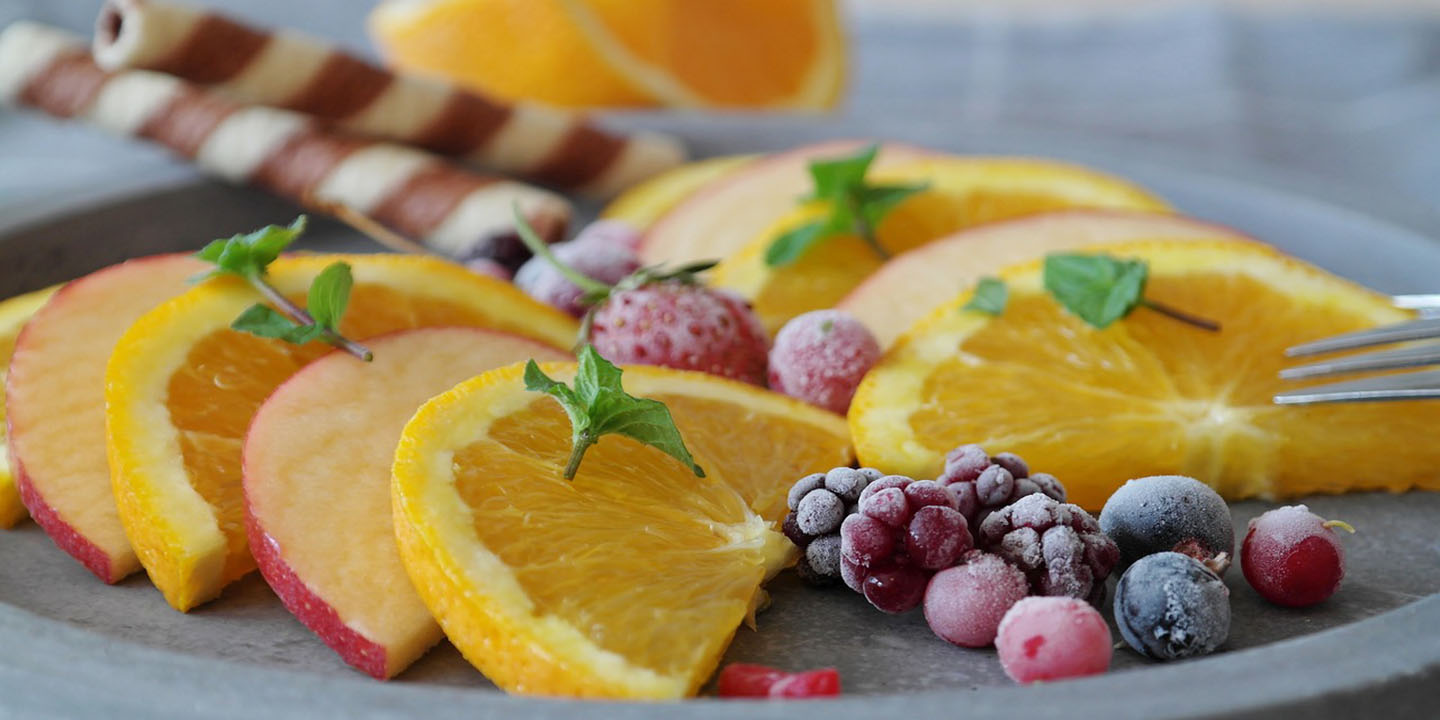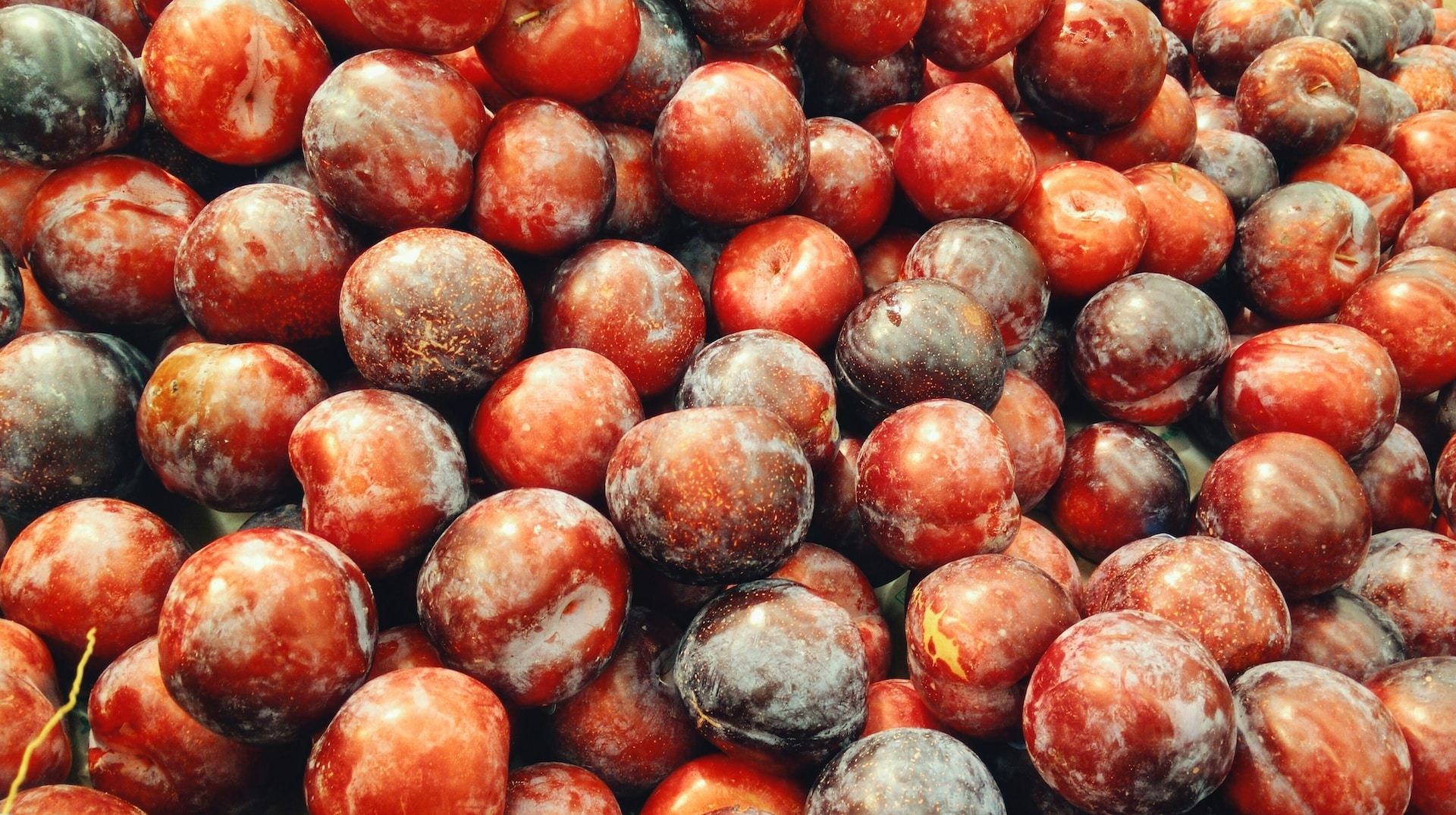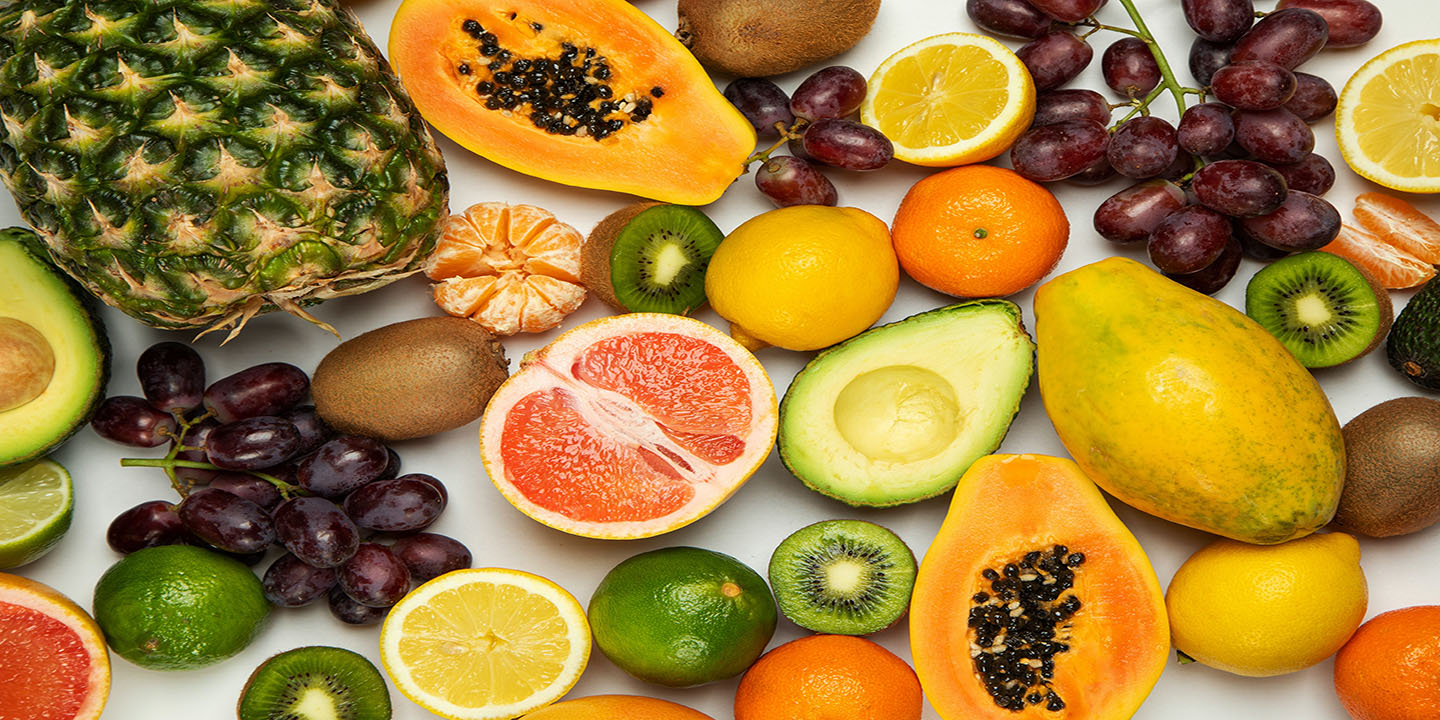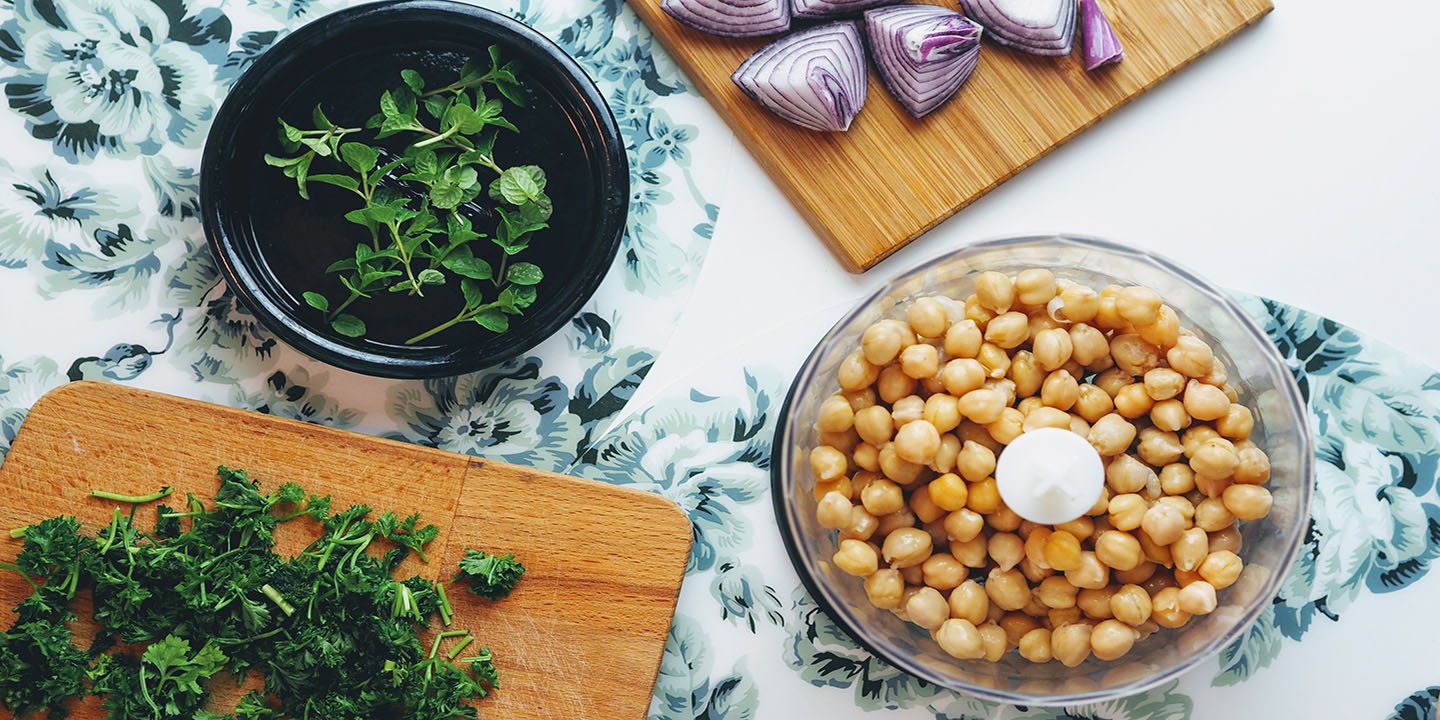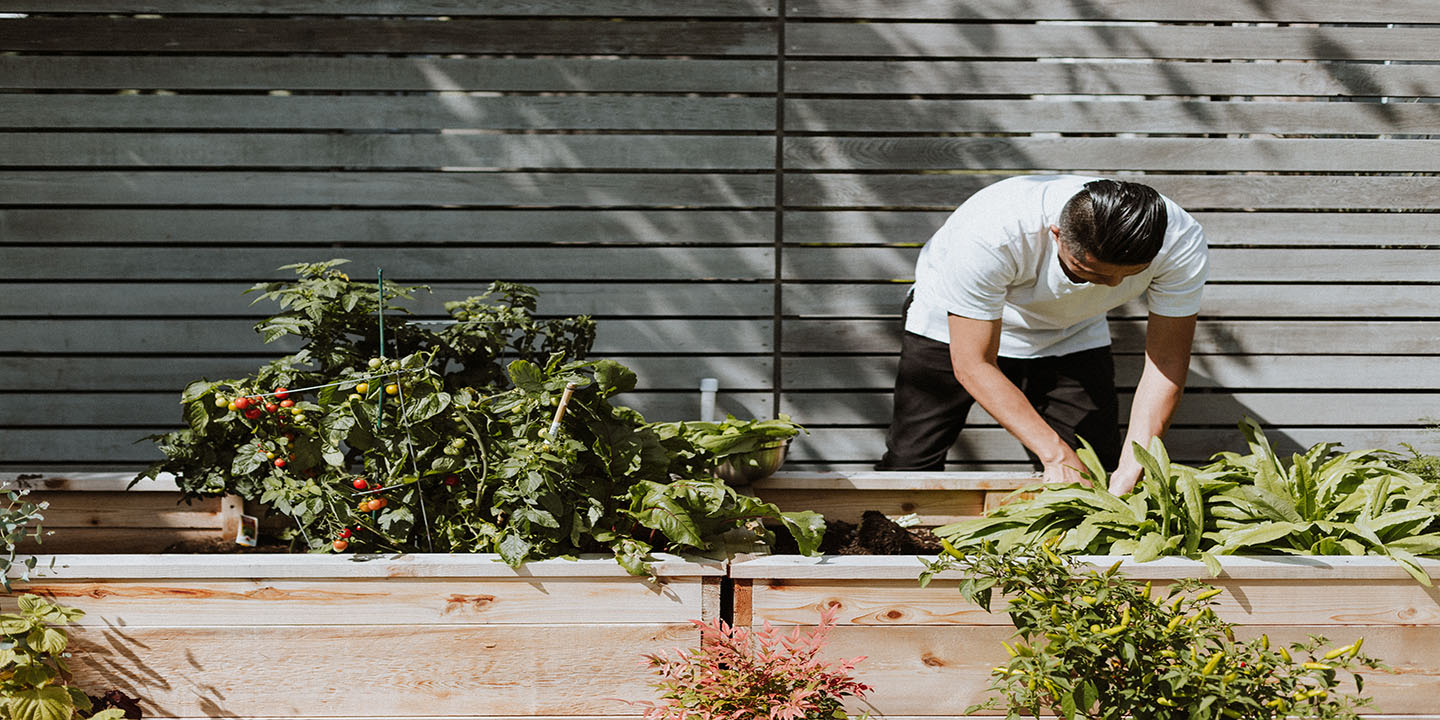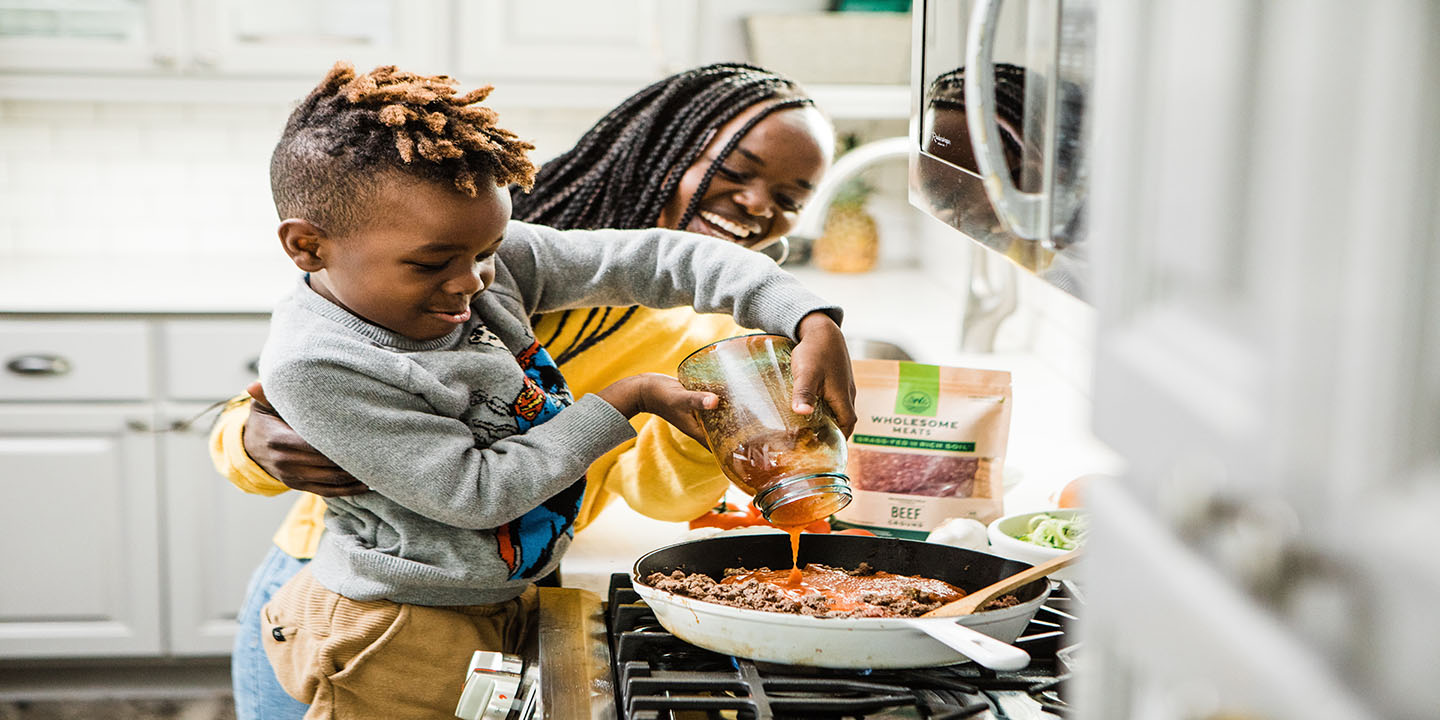40 High-Fiber Foods You Should Be Consuming On A Regular Basis
Say Yes To Fiber
High-fiber diets are essential for optimal health; they not only aid in digestion and prevent constipation, but they help with a plethora of concerns like managing blood sugar levels, lowering cholesterol, and so much more. As an added plus, high-fiber foods also help you feel fuller which can be incredibly beneficial when trying to manage your weight. So, what are you waiting for? Here are 40 fiber-rich foods you should incorporate into your daily diet to reap the benefits.
1. Quinoa
Quinoa is a nutrient-dense grain that’s packed with protein, essential minerals, and fiber. One cup of cooked quinoa contains approximately 5 grams of fiber. This pseudo-cereal is not only gluten-free, but it’s also versatile, making it an excellent addition to any salad or soup. It also works great as a rice substitute!
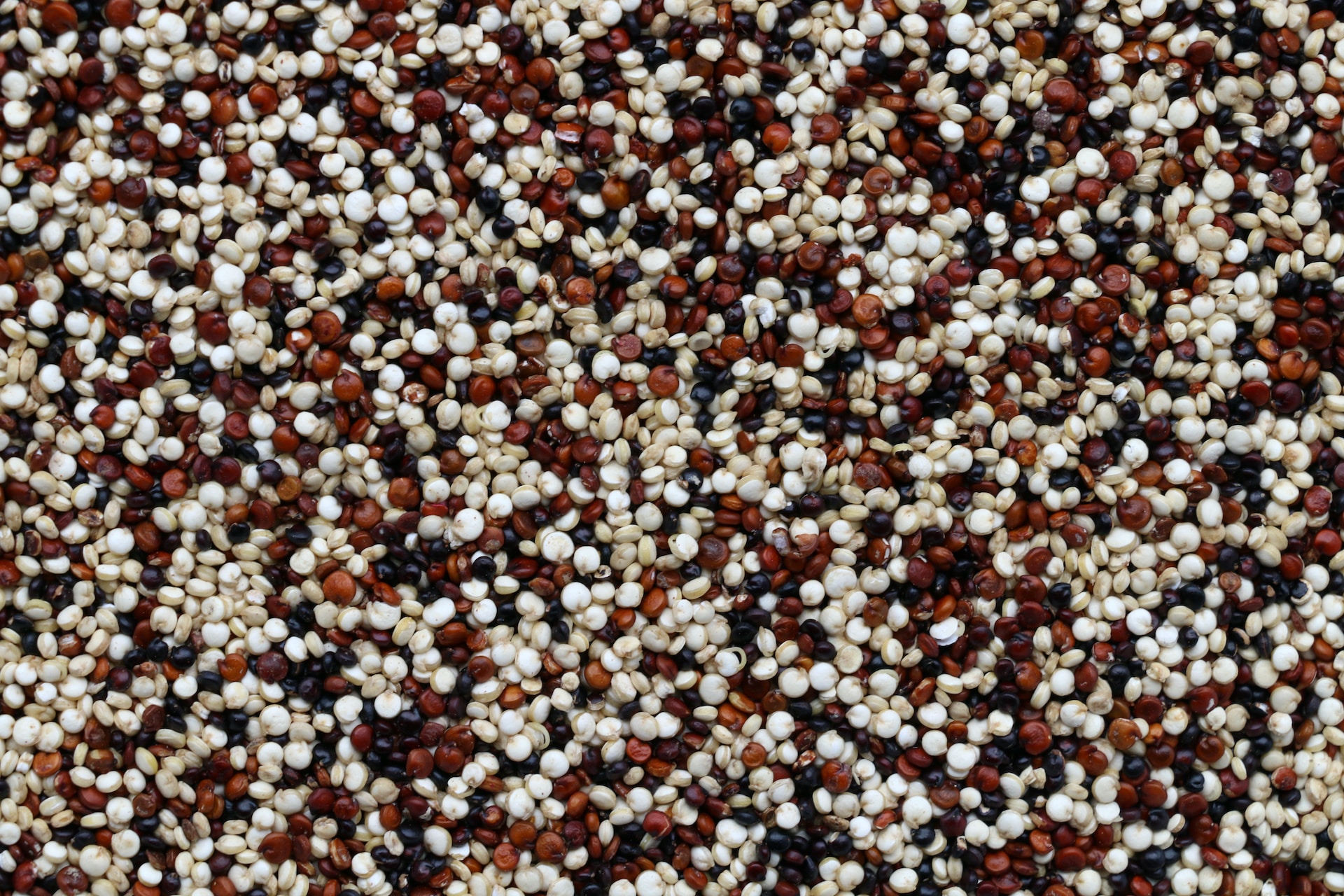 Photo by Pierre Bamin on Unsplash
Photo by Pierre Bamin on Unsplash
2. Berries
Blueberries, raspberries, and blackberries are fiber-rich fruits. For instance, one cup of raspberries can provide you with 8 grams of fiber. Besides, they are packed with antioxidants, vitamins, and minerals. The best part is, you can enjoy berries in many different ways - in smoothies, fresh as is, or as a topping to your favourite cereal or yogurt. You just can't go wrong with these delicious fruits!
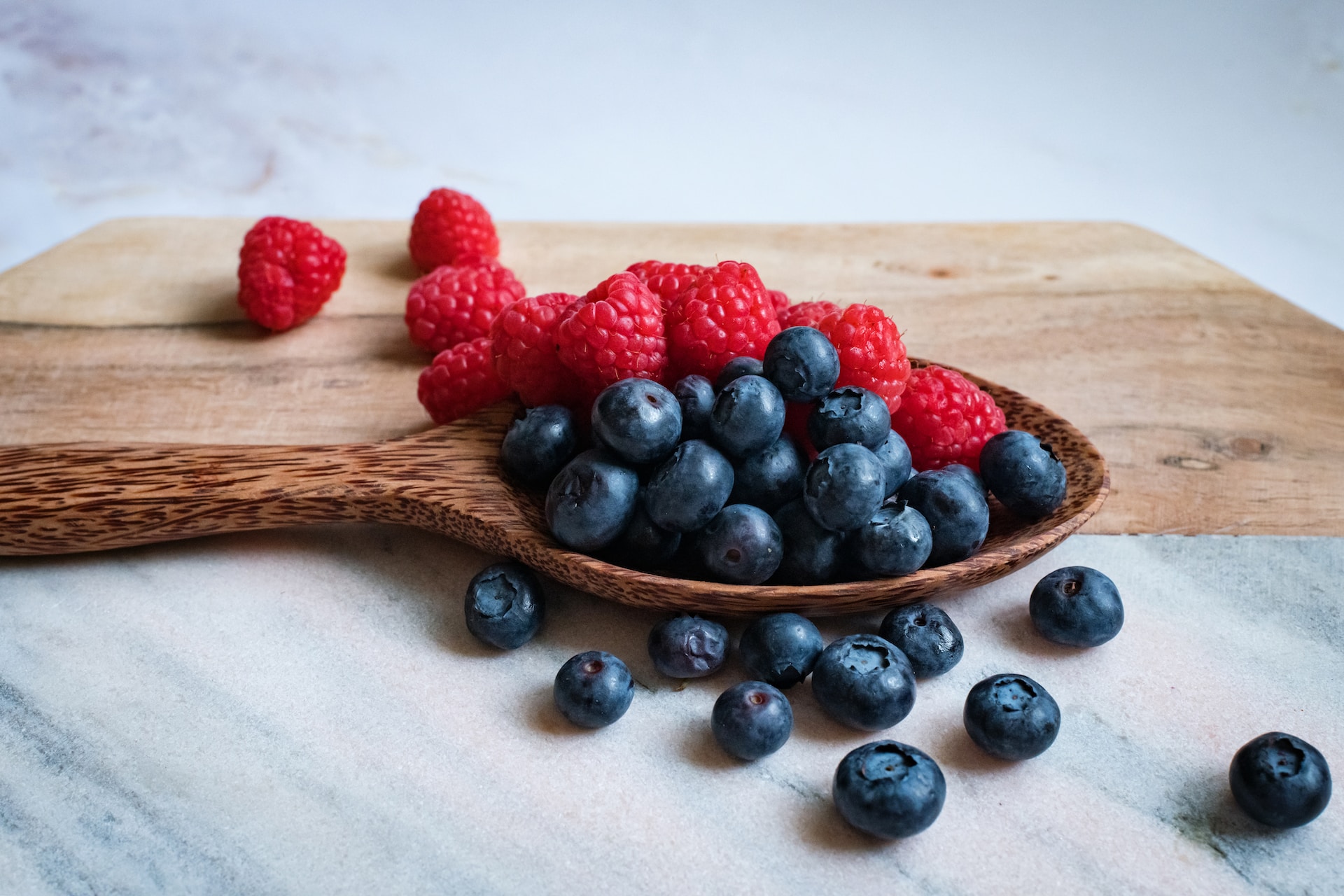 Photo by Annemarie Grudën on Unsplash
Photo by Annemarie Grudën on Unsplash
3. Lentils
Lentils are a strong source of fiber - just one cup of cooked lentils boasts about 15 grams of fiber. Now that’s a lot of fiber! They are also a great source of plant-based protein, iron, and other essential nutrients. Basically, they’re just really good for you. They can be used in soups, curries, or salads too!
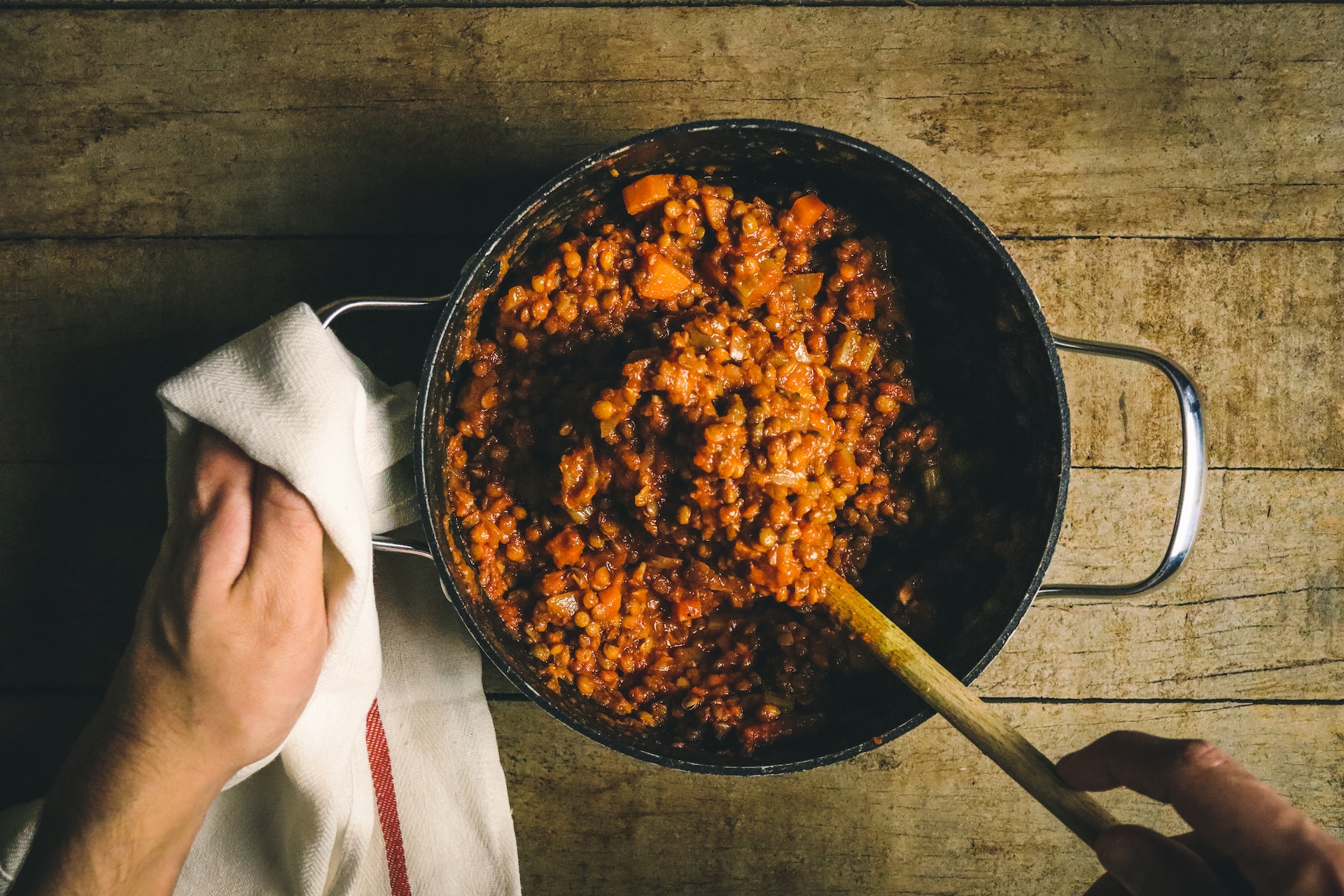 Photo by Frédéric Dupont on Unsplash
Photo by Frédéric Dupont on Unsplash
4. Chia Seeds
Just two tablespoons of chia seeds are enough to provide you with a whopping 11 grams of fiber. These tiny seeds are absolute powerhouses; they offer omega-3 fatty acids and plenty of protein. They can be sprinkled on oatmeal, mixed into yogurt, or you can try making a delicious chia pudding for an energy boost.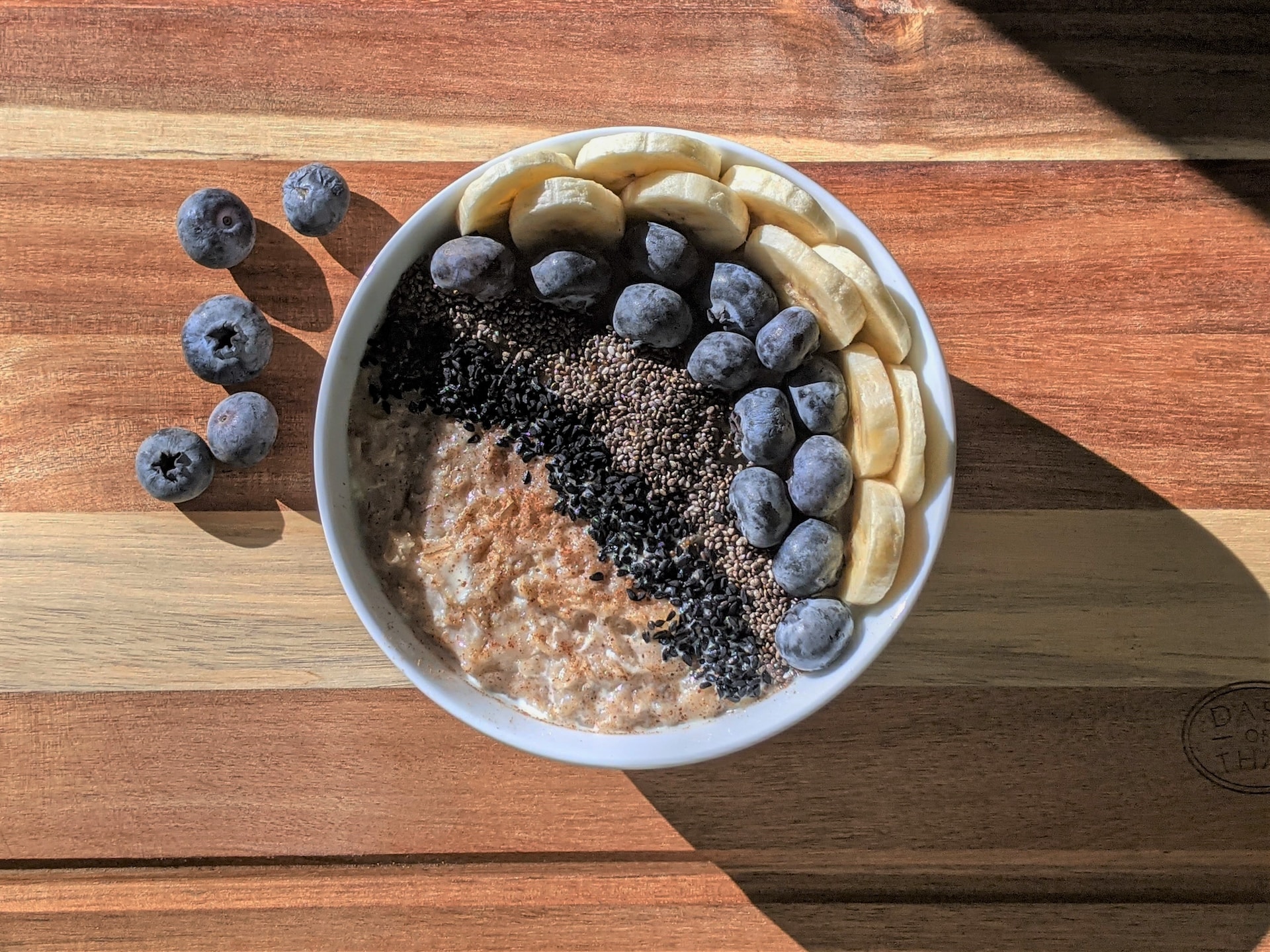 Photo by Susan Wilkinson on Unsplash
Photo by Susan Wilkinson on Unsplash
5. Broccoli
This green vegetable isn’t just rich in vitamins and minerals, it’s also a fantastic source of fiber. One cup of cooked broccoli contains about 5 grams of fiber. Even if it’s your child’s least favourite vegetable, it’s an incredibly beneficial one. Enjoy it steamed, roasted, or added to stir-fries to make it more fun and enjoyable.
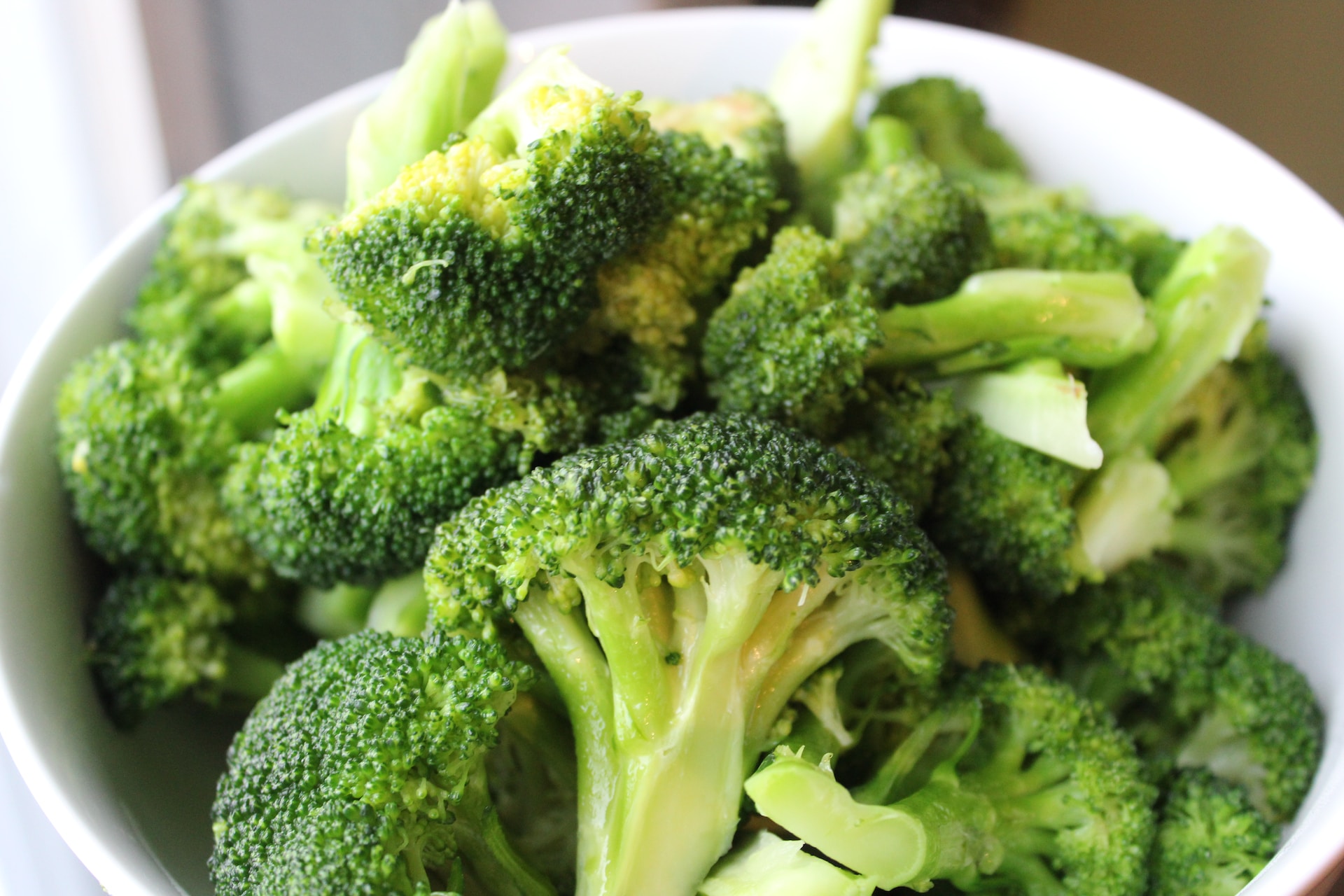 Photo by Tyrrell Fitness And Nutrition on Uns
Photo by Tyrrell Fitness And Nutrition on Uns
6. Carrots
Carrots are not only a crunchy snack that tastes great alongside a bit of ranch, but they’re also a great source of fiber. Just one cup of chopped carrots is enough to offer you 3.5 grams of fiber. They’re also a very versatile vegetable, easily enjoyed raw, steamed, or even roasted.
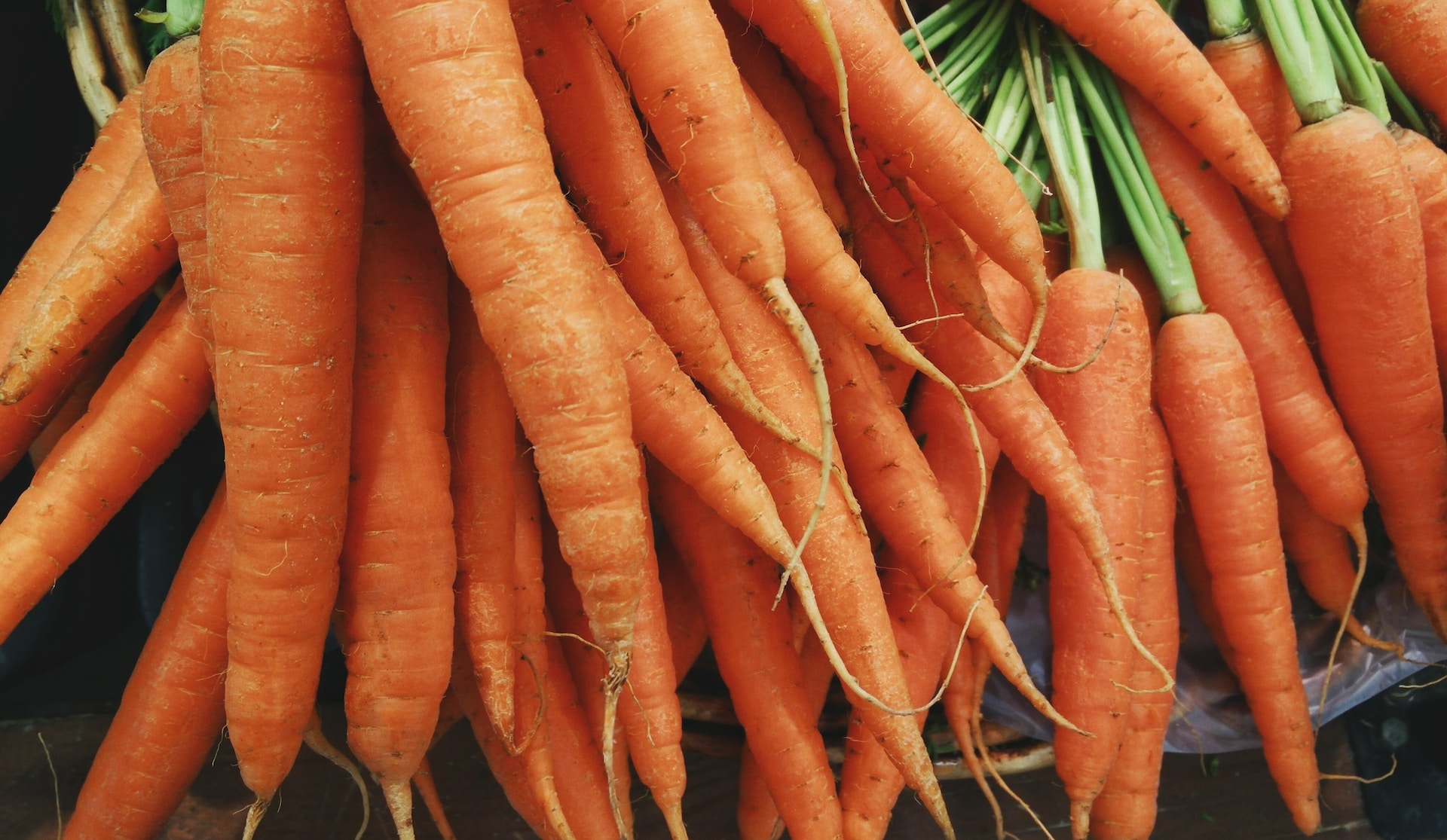 Photo by Harshal S. Hirve on Unsplash
Photo by Harshal S. Hirve on Unsplash
7. Oats
Oats are a breakfast favourite and for a good reason. One cup of cooked oatmeal contains approximately 4 grams of fiber, promoting a healthy digestive system. Talk about an excellent way to kick start your morning! To make things even better, they’re also known to help reduce cholesterol levels.
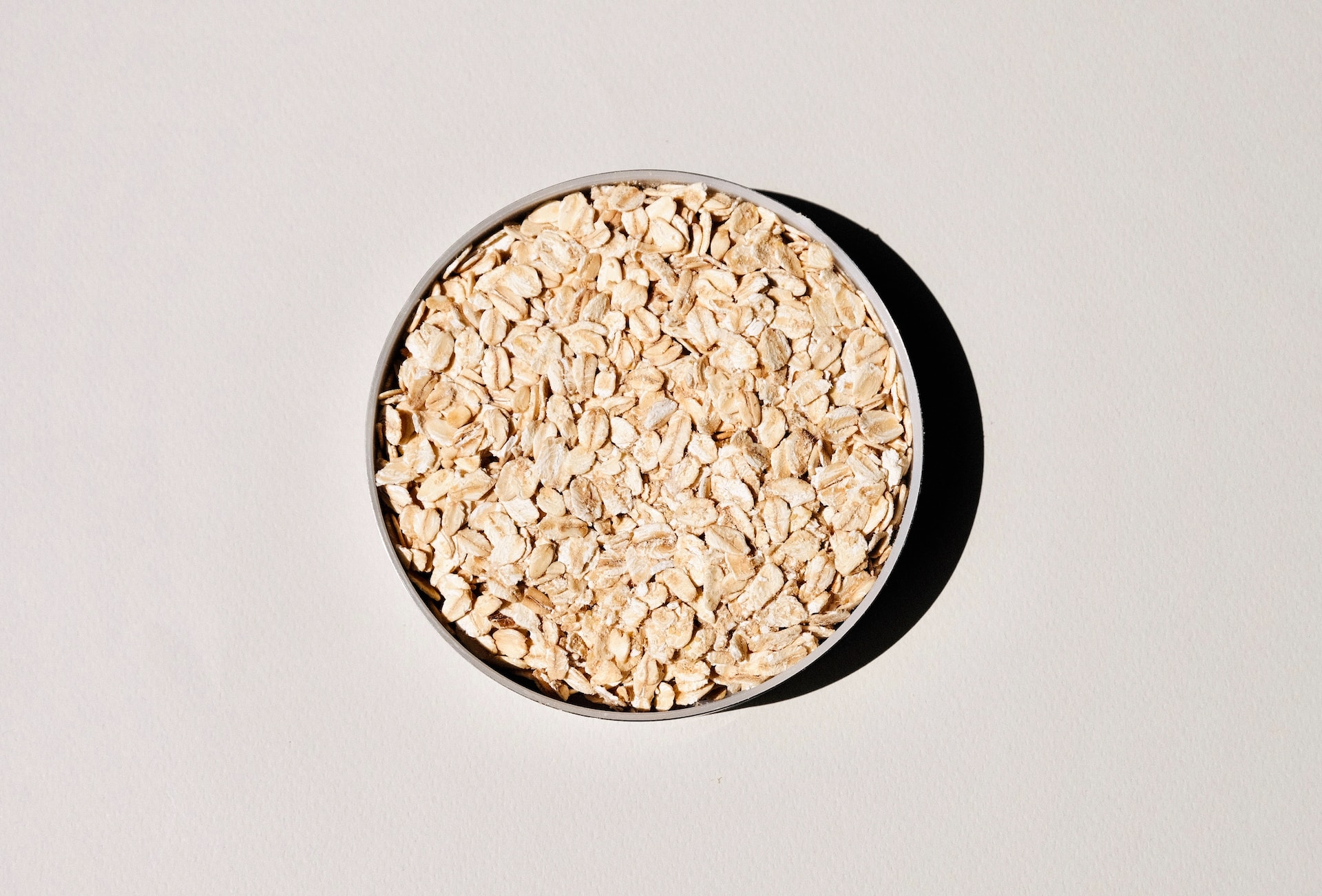 Photo by Jocelyn Morales on Unsplash
Photo by Jocelyn Morales on Unsplash
8. Pears
With the skin on, a medium-sized pear can contain about 5.5 grams of fiber. Pears are also rich in essential vitamins and minerals, making them a wonderful fruit to consume on a daily basis when possible. They can be eaten fresh as a delicious snack, or added to desserts and salads for a fruity twist.
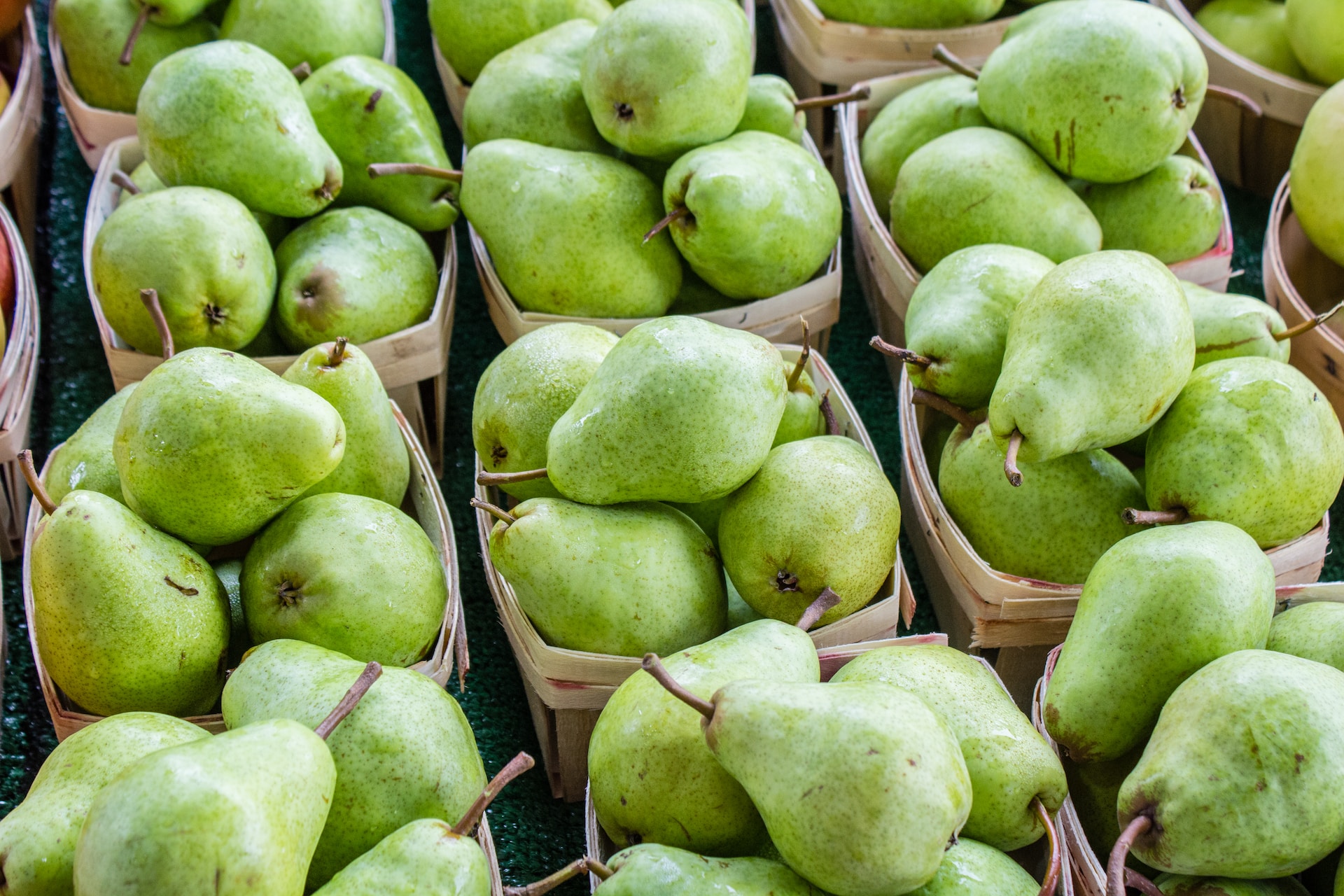 Photo by Jonathan Mast on Unsplash
Photo by Jonathan Mast on Unsplash
9. Black Beans
We’ve got good news if you love burritos or taco bowls - black beans pack about 15 grams of fiber per cooked cup! They’re also a great source of plant-based protein, making them all-around champs. Black beans can be added to salads, made into soups, or used in burritos and wraps to help fill you up.
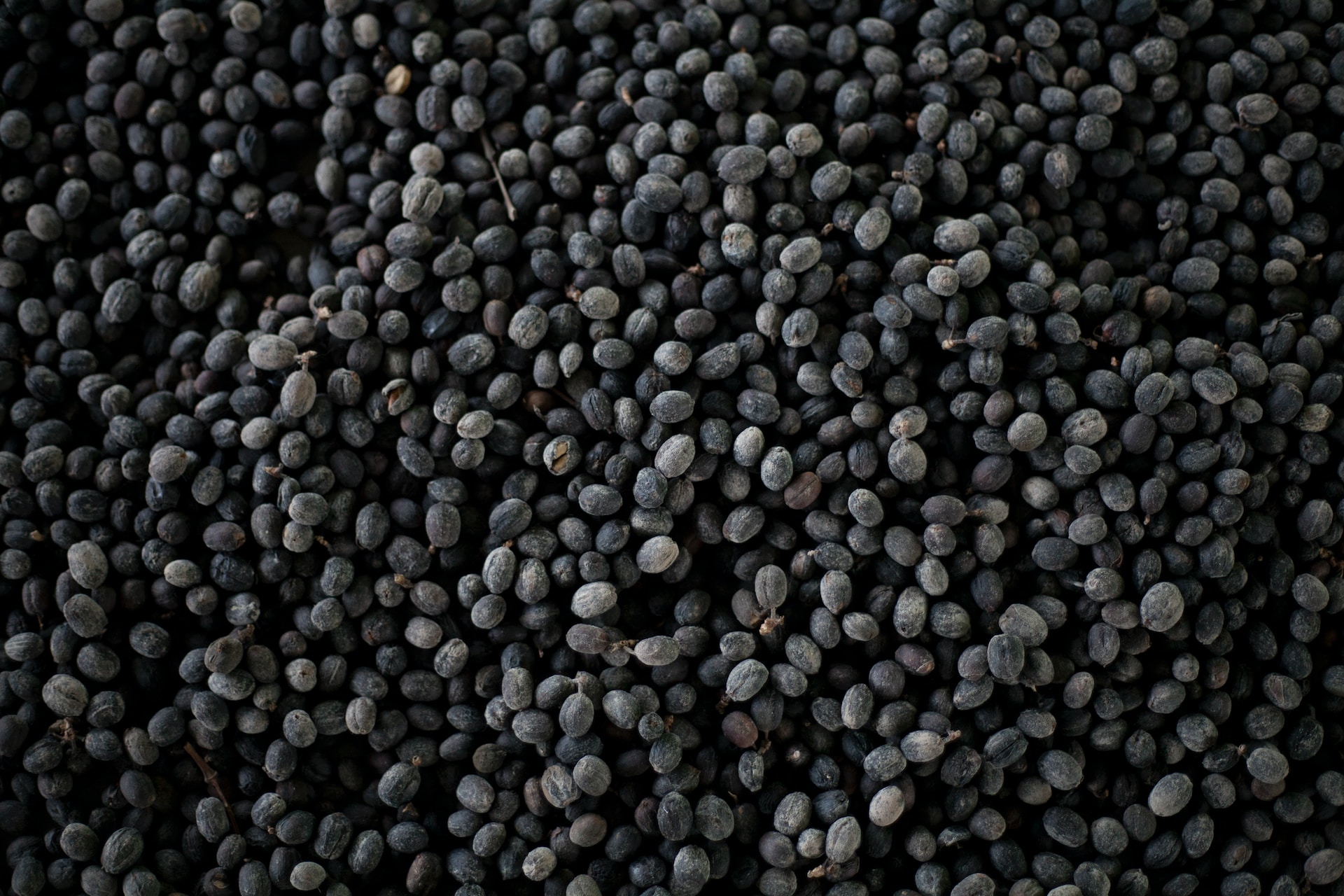 Photo by Frank Zhang on Unsplash
Photo by Frank Zhang on Unsplash
10. Barley
Barley, especially hulled or whole grain barley, is incredibly rich in fiber. One cup of cooked barley provides around 6 grams of fiber. It has a nutty flavour and chewy texture that makes it a tasty addition to any soup, stew, or salad you whip up at home.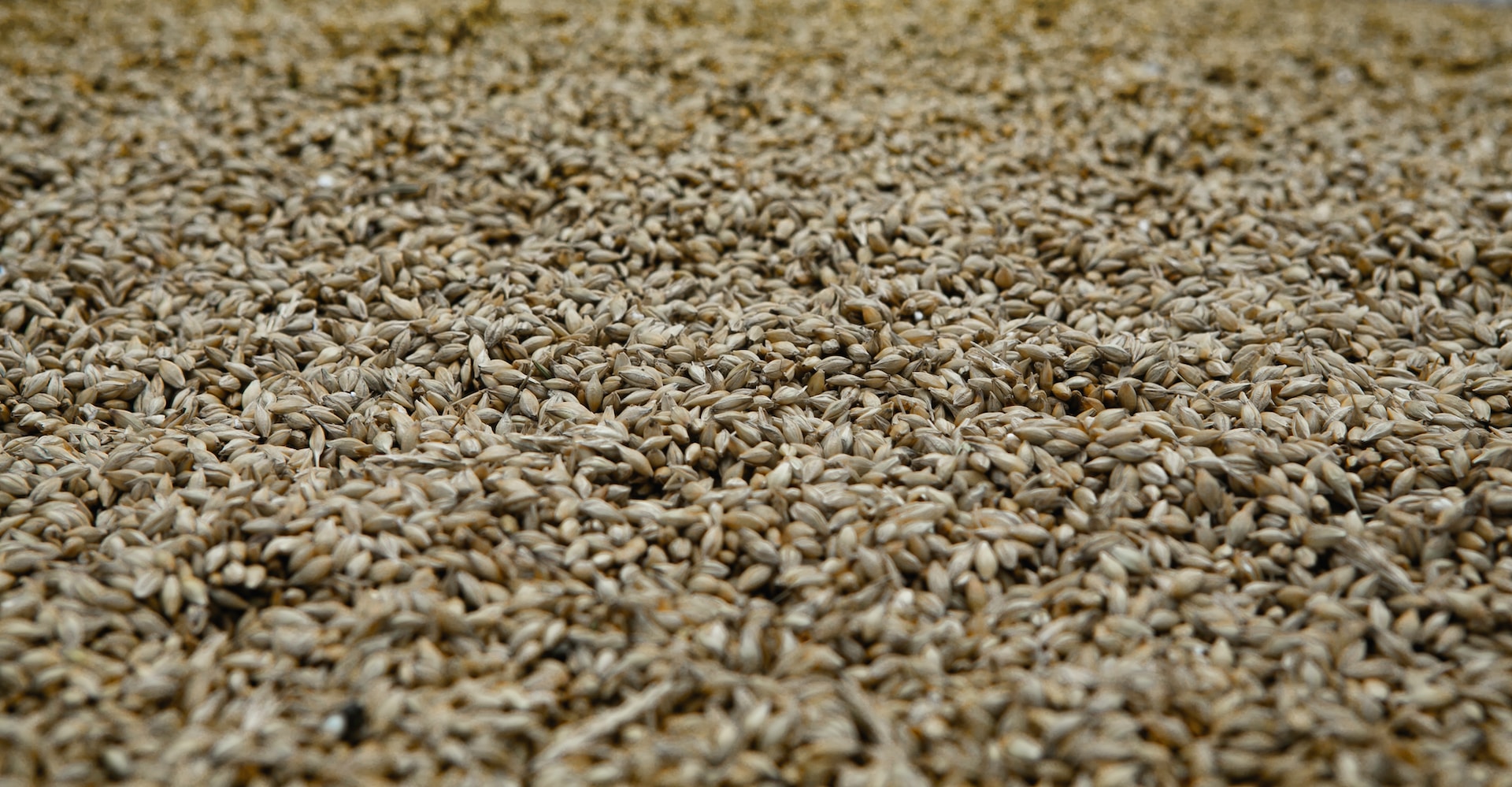 Photo by Amit Lahav on Unsplash
Photo by Amit Lahav on Unsplash
11. Apples
An apple a day keeps the doctor away! Often hailed as nature's candy, apples are a refreshing source of fiber. A medium-sized apple, with its skin, contains about 4 grams of fiber. They're not just delicious and crunchy; they're also packed with vital antioxidants and vitamin C. Consuming them with the peel maximizes the fiber intake. Slice them into salads, bake them into desserts, or simply enjoy them as a juicy snack.
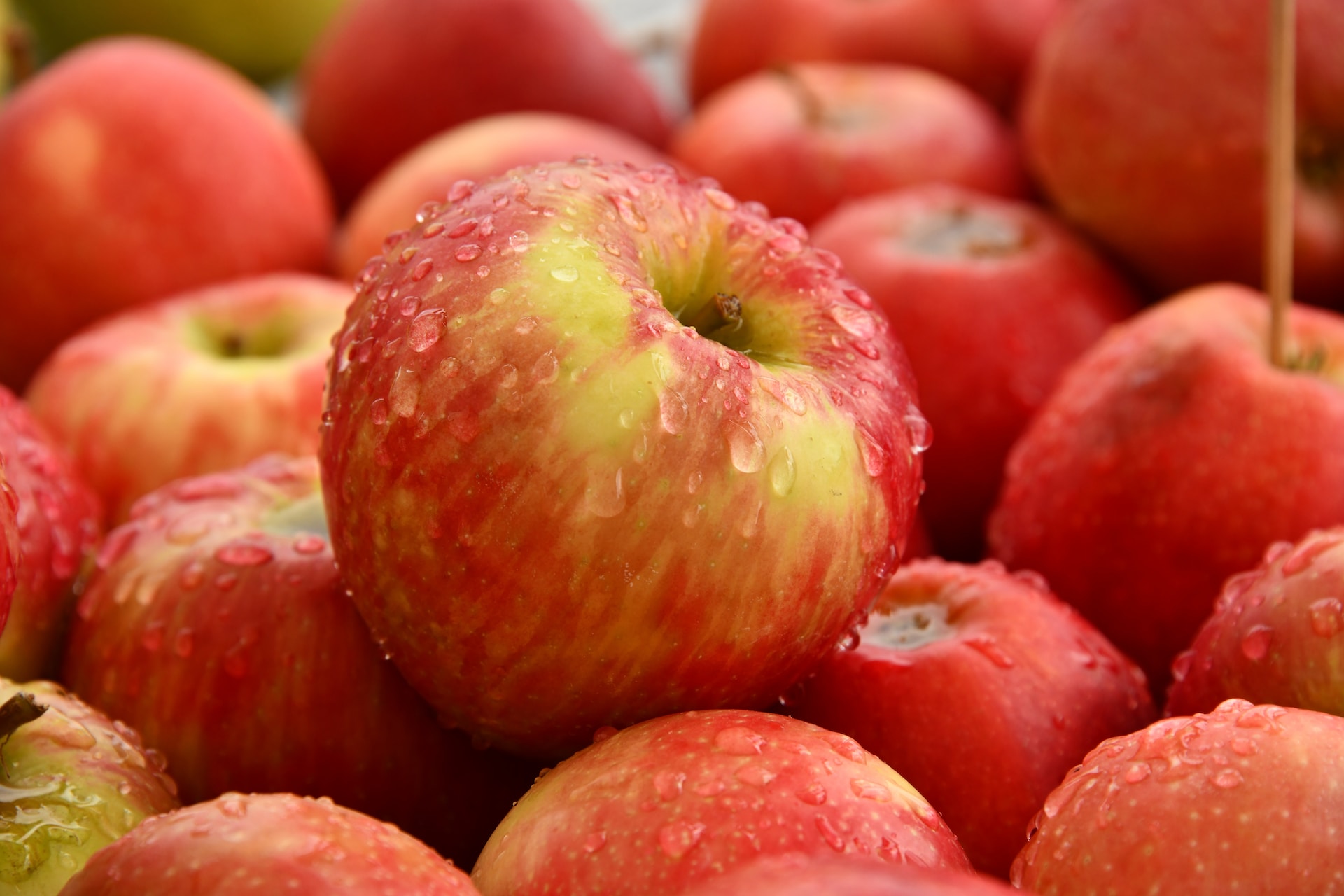 Photo by Shelley Pauls on Unsplash
Photo by Shelley Pauls on Unsplash
12. Brown Rice
Brown rice retains its outer layer, which is removed from white rice. This outer layer is rich in fiber, providing about 3.5 grams per cooked cup. Apart from fiber, brown rice is also rich in essential minerals like magnesium and selenium. It’s a versatile grain that can accompany a variety of dishes, from stir-fries to casseroles (even desserts!).
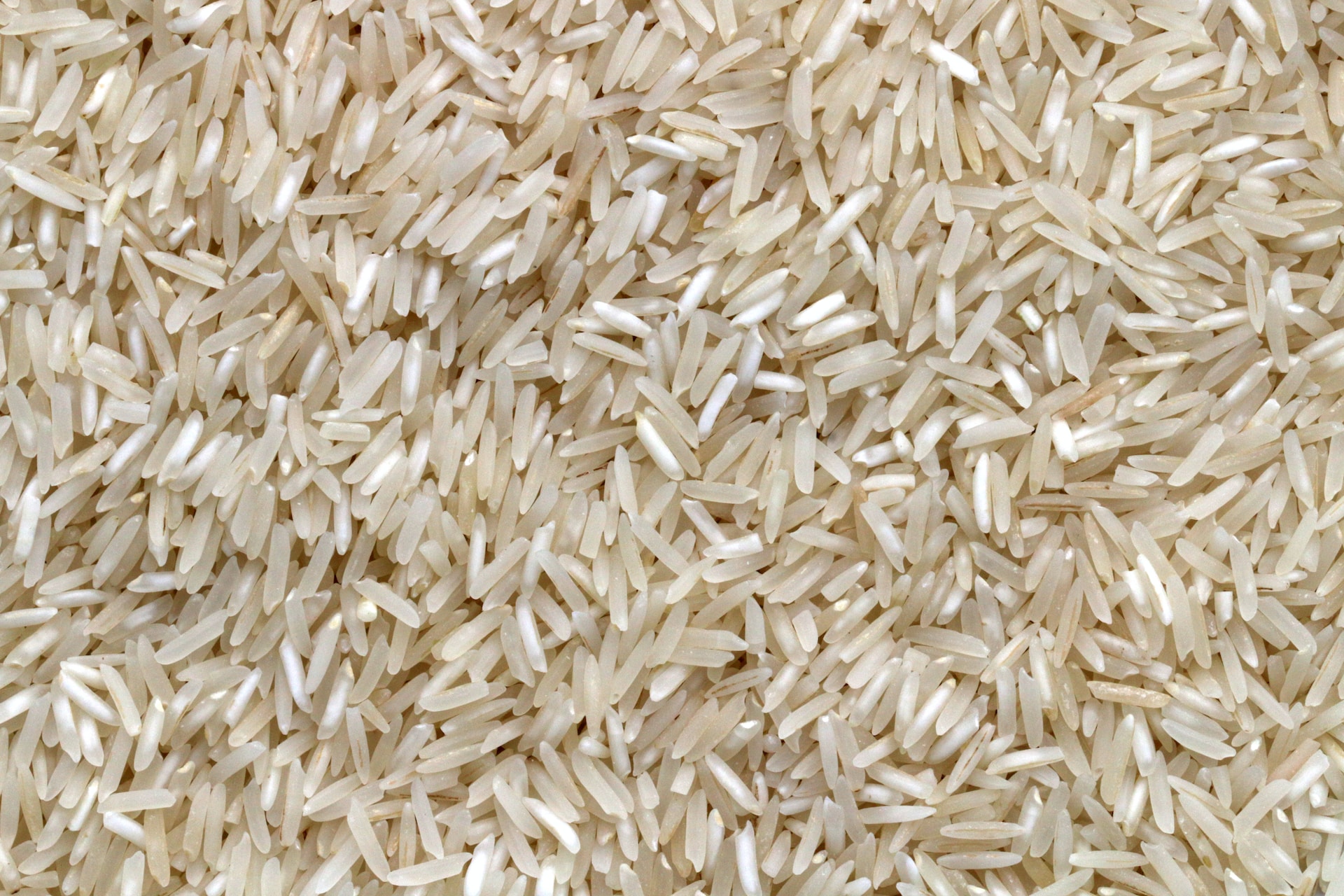 Photo by Pierre Bamin on Unsplash
Photo by Pierre Bamin on Unsplash
13. Brussel Sprouts
These mini cabbages are an excellent source of fiber, vitamins, and minerals. While your kids might hate them, the health benefits are too good for you to stop feeding it to them. One cup of cooked brussels sprouts provides around 4 grams of fiber. They can be roasted for a nutty flavor, steamed, or shredded into salads for a crunchy addition. With so many different ways to prepare them, you should experiment to find the most desired preparation for any brussel sprouts hater!
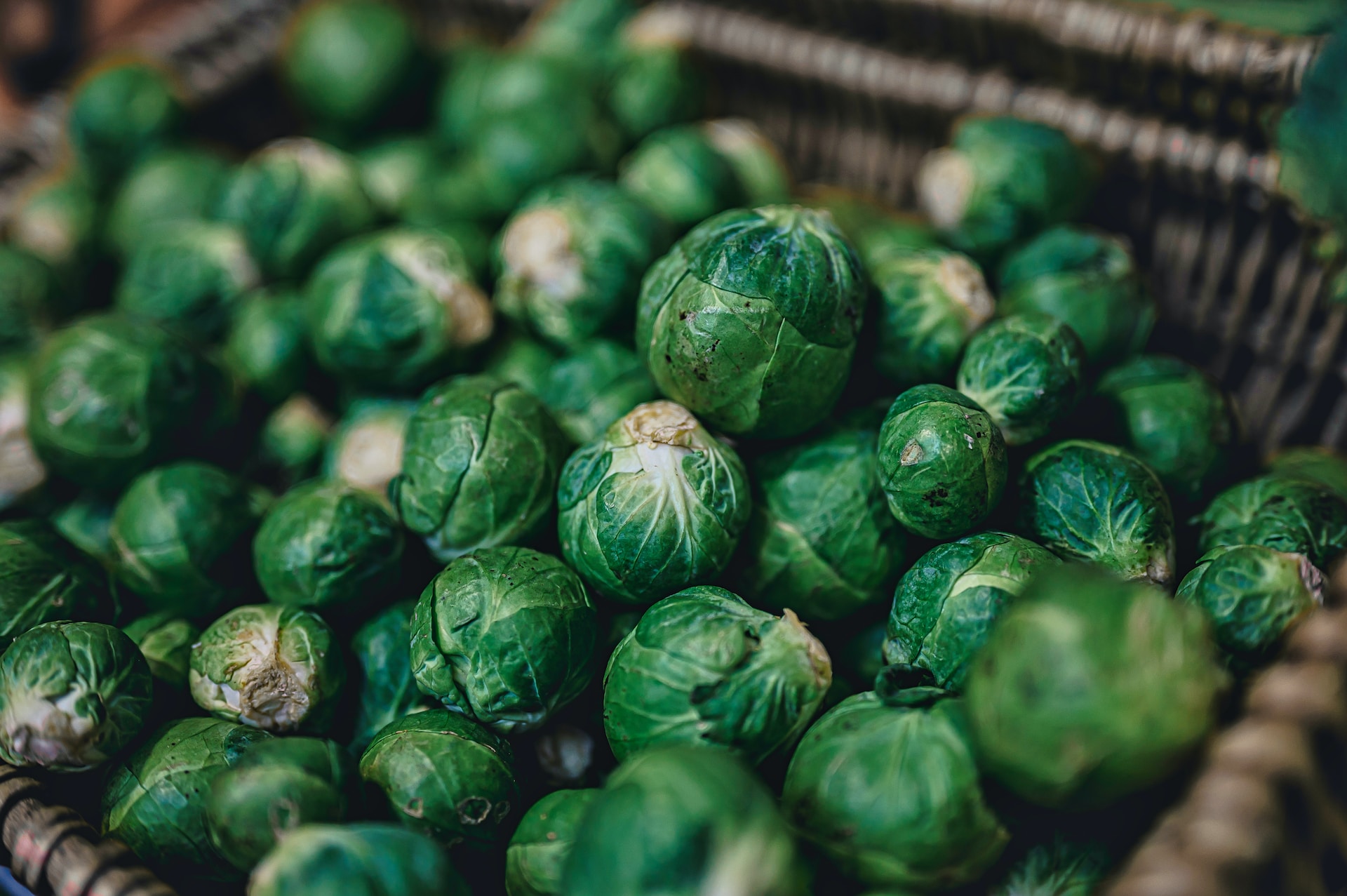 Photo by Jez Timms on Unsplash
Photo by Jez Timms on Unsplash
14. Almonds
Almonds are more than just a crunchy snack; a quarter-cup of almonds provides around 3.5 grams of fiber. They're also a good source of healthy fats, protein, and vitamin E. Munch on them raw, roast them for enhanced flavor, or chop and sprinkle them over dishes. Whatever you choose to do with them, the addition of this nut can make a huge difference.
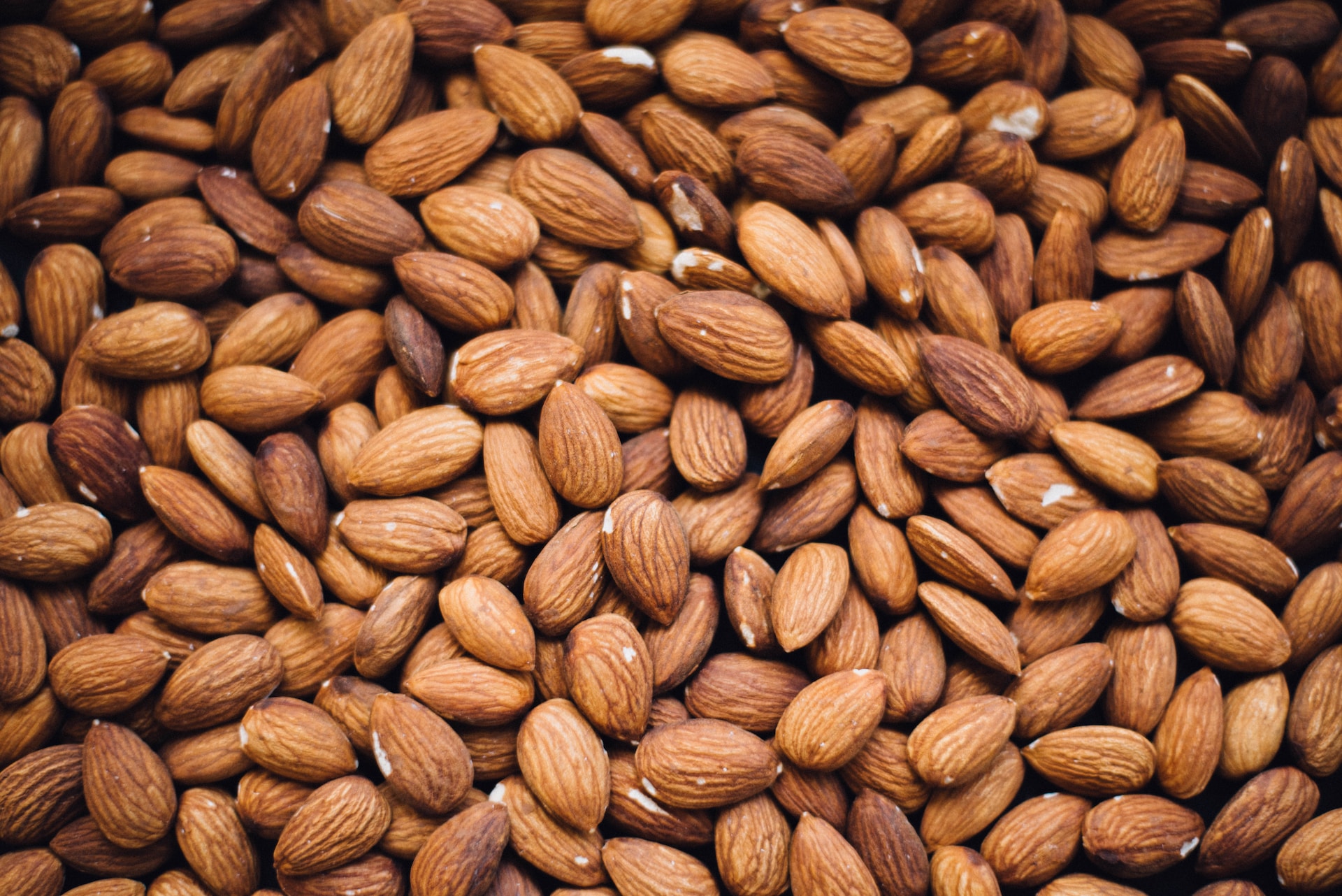 Photo by CHUTTERSNAP on Unsplash
Photo by CHUTTERSNAP on Unsplash
15. Chickpeas
Chickpeas, or garbanzo beans, are not only rich in protein but also a fantastic source of fiber, offering around 12.5 grams per cooked cup. They're the primary ingredient in hummus, but they can also be roasted as a crunchy snack, tossed into salads, or added to curries.
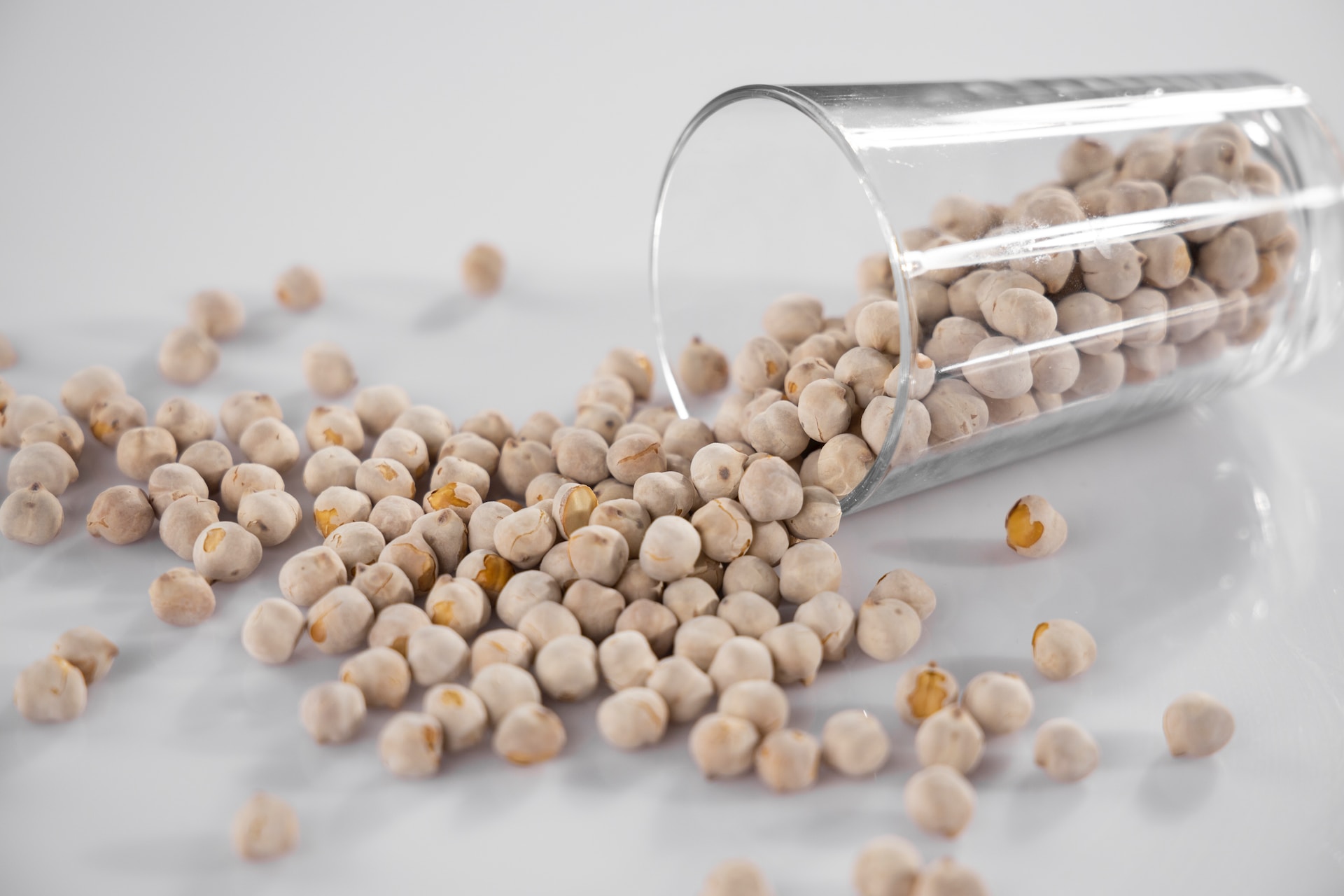 Photo by engin akyurt on Unsplash
Photo by engin akyurt on Unsplash
16. Avocado
Who doesn’t love avocados? Beyond its creamy texture and delicious taste, avocados offer about 10 grams of fiber per cup. This fruit is also a rich source of healthy monounsaturated fats and potassium. Spread it on toast, blend it into smoothies, or make a classic guacamole.
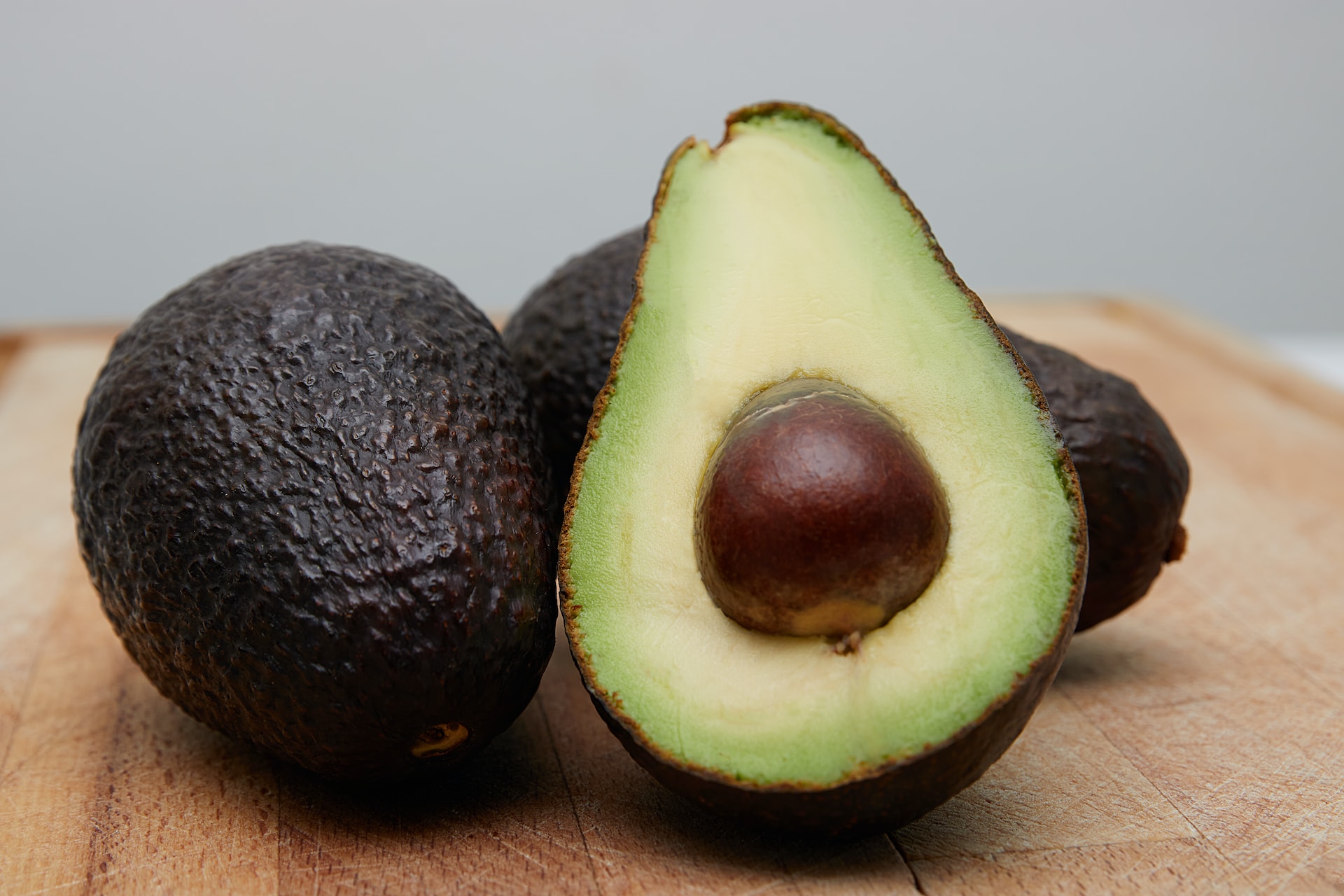 Photo by Gil Ndjouwou on Unsplash
Photo by Gil Ndjouwou on Unsplash
17. Spelt
What is spelt you may ask? It’s an ancient grain that provides around 7.6 grams of fiber per cooked cup. It has a mildly sweet and nutty flavour that makes it a great alternative to modern wheat. You can use spelt in baked goods, added to salads, or as a base grain in various dishes. Give it a try - you definitely won’t complain about its health benefits.
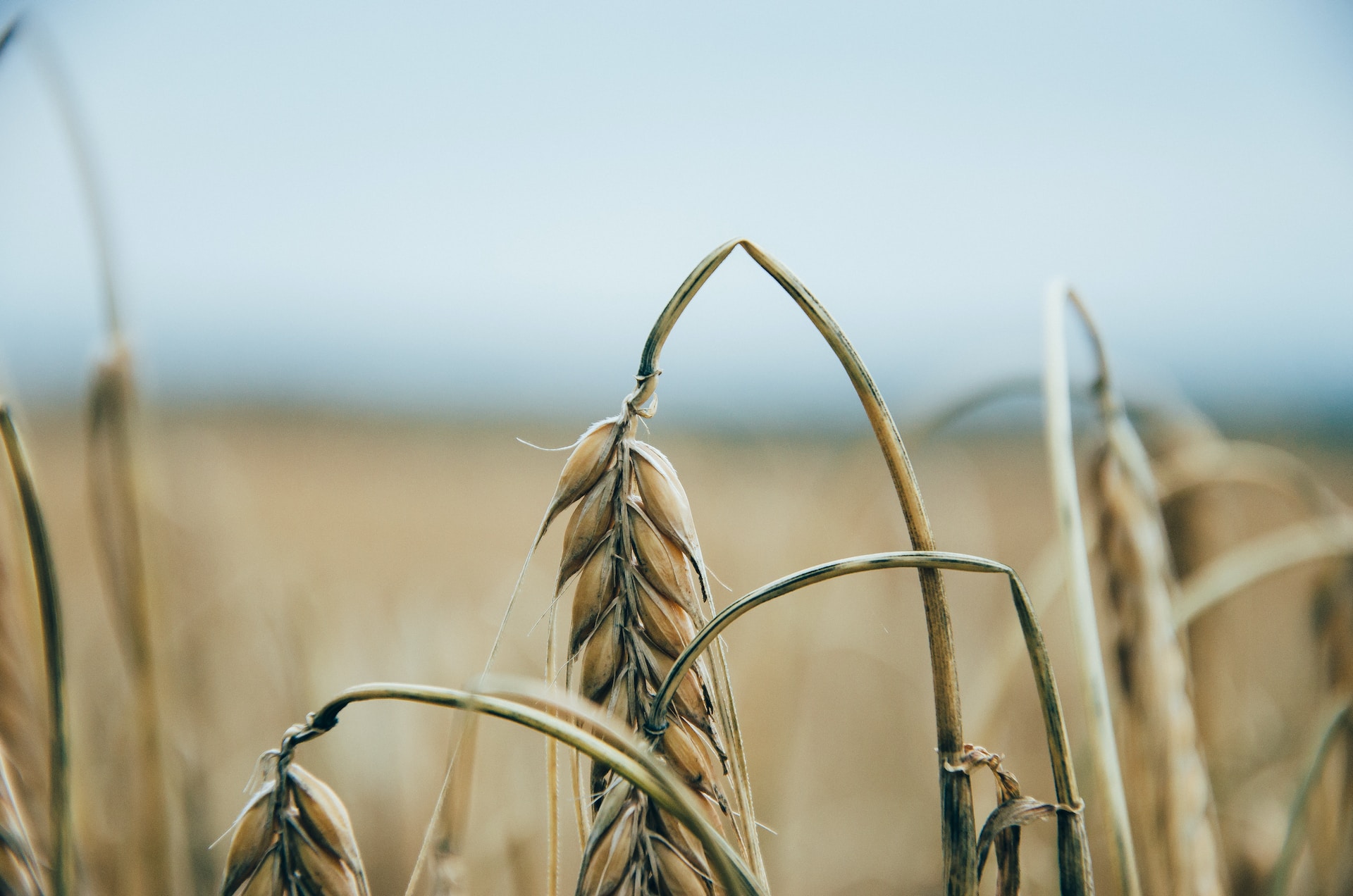 Photo by Dominik Martin on Unsplash
Photo by Dominik Martin on Unsplash
18. Beets
These vibrant red roots are as nutritious as they are colorful. One cup of boiled beets contains about 3.4 grams of fiber. They’re also a good source of folate, manganese, and potassium. Roast them, blend into smoothies, or even try pickling them for a tangy treat.
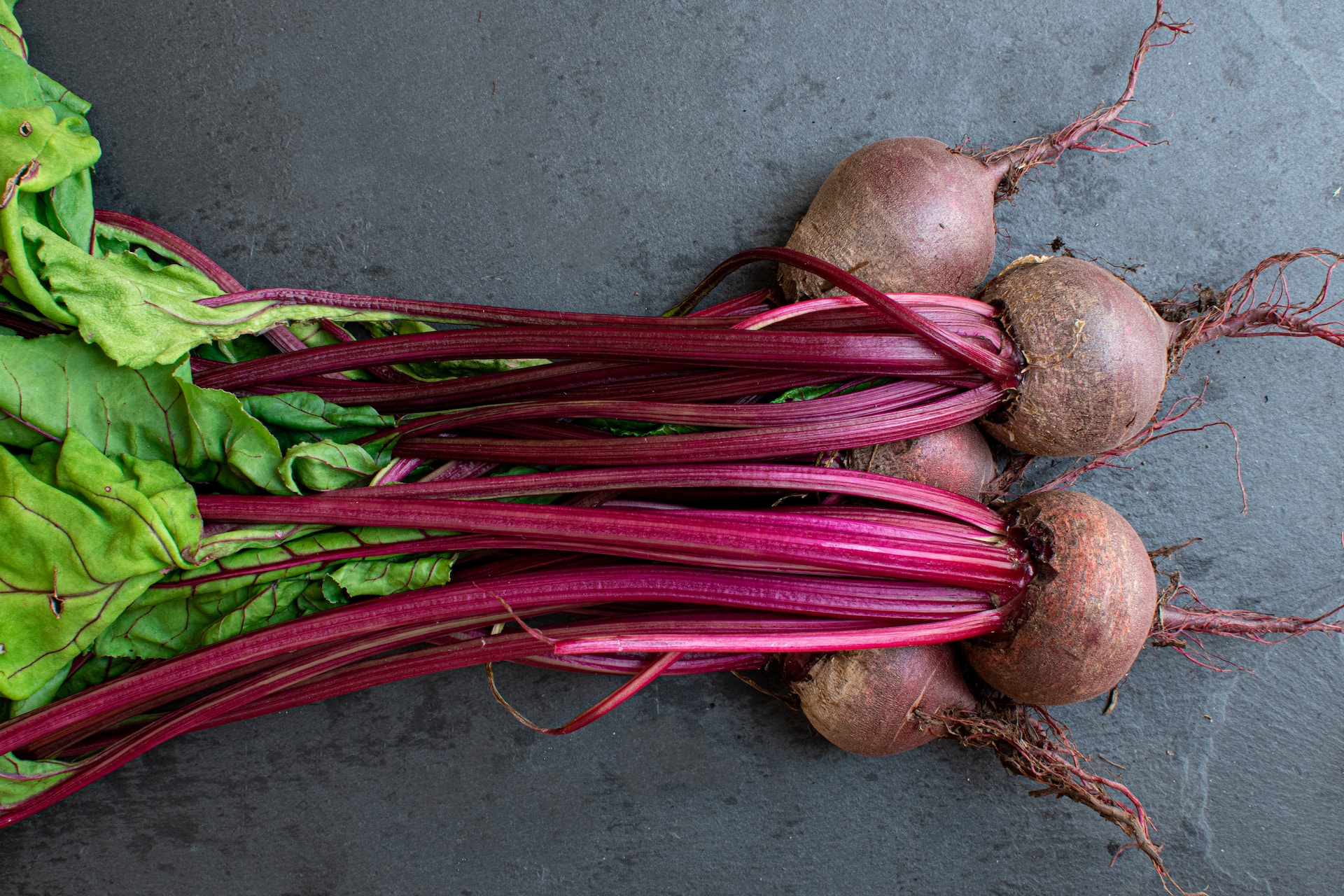 Photo by Emma-Jane Hobden on Unsplash
Photo by Emma-Jane Hobden on Unsplash
19. Kale
This dark, leafy green is known for its dense nutrient content. One cup of cooked kale provides around 2.6 grams of fiber. It’s also rich in vitamins A, C, and K. Use it in salads, smoothies, or even as a base for crunchy kale chips. Everyone on social media seems to love kale, so it's time for you to see what all the hype is about.
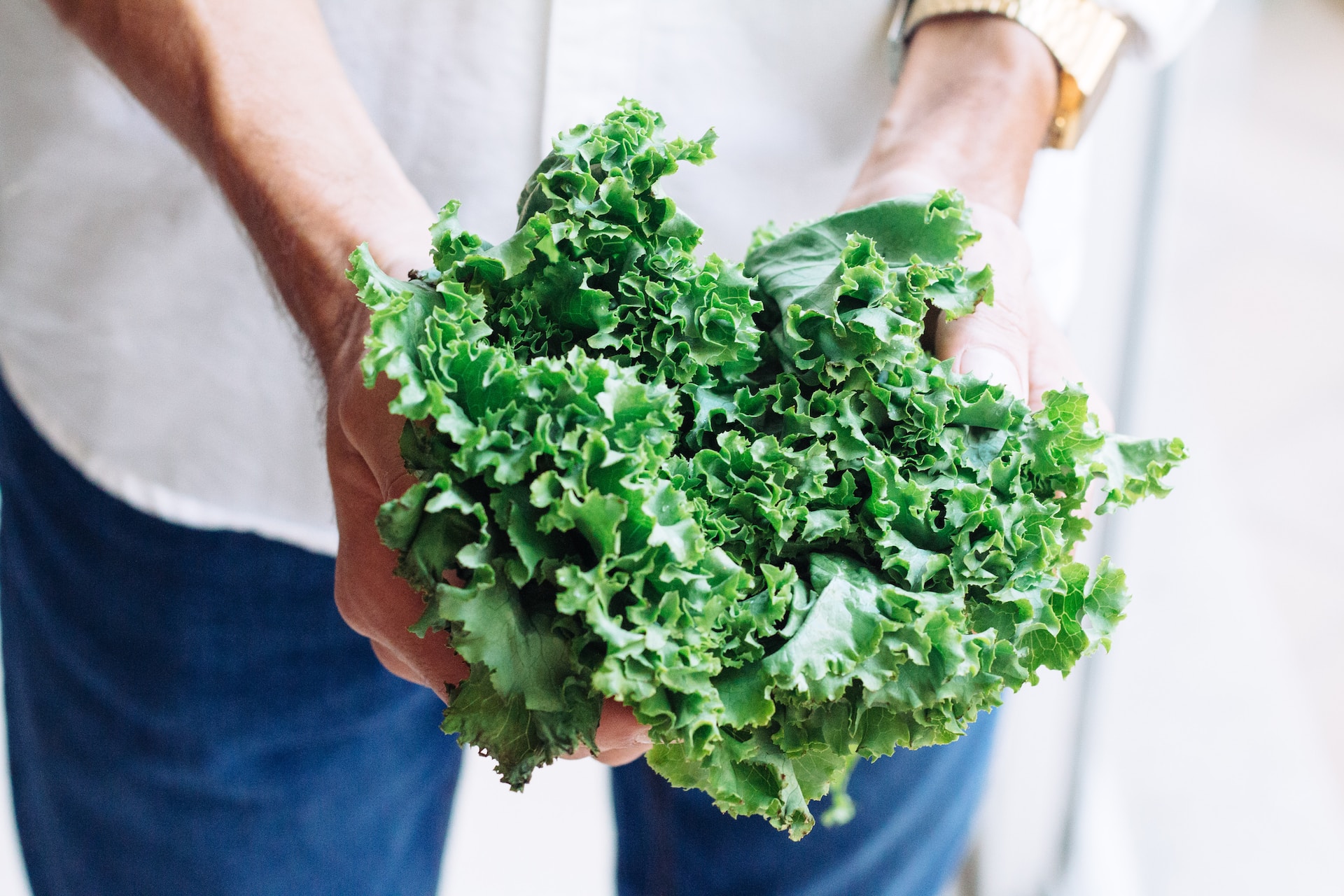 Photo by Adolfo Félix on Unsplash
Photo by Adolfo Félix on Unsplash
20. Peas
Green peas, often a side dish favorite, pack about 8.8 grams of fiber per cooked cup. They also offer protein and essential vitamins like vitamin A and K. Blend them into soups, toss in salads, or simply steam for a sweet side dish. They're vegetables that taste great on their own!
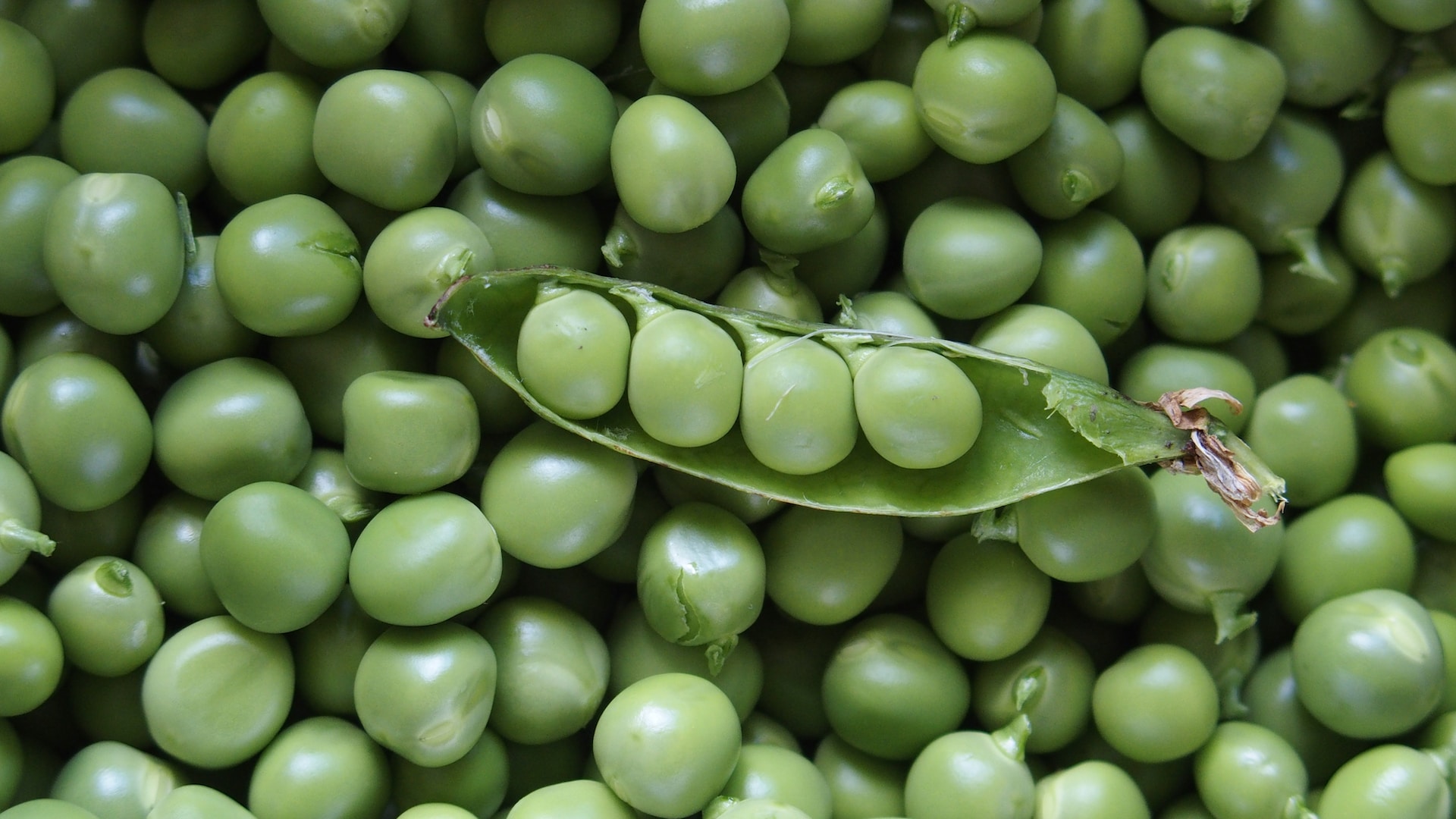 Photo by Jean-Michel GARCIA on Unsplash
Photo by Jean-Michel GARCIA on Unsplash
21. Bananas
Beyond their convenience as a grab-and-go snack, bananas are a valuable source of dietary fiber. A medium-sized banana offers about 3 grams of fiber, coupled with a hearty dose of potassium and vitamin C. They are perfect as a stand-alone snack, sliced into oatmeal, or blended into a smoothie, providing both nutrition and natural sweetness.
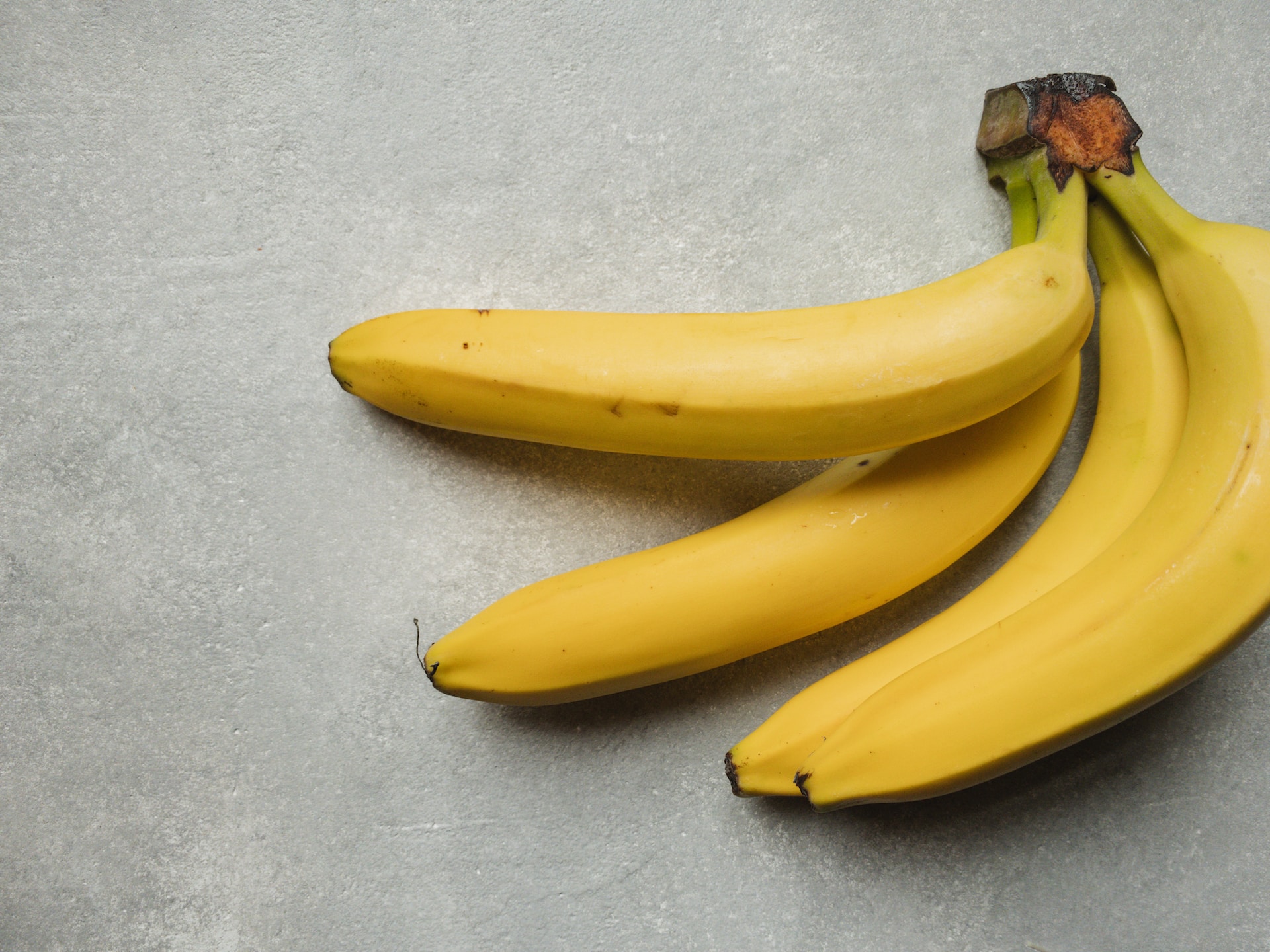 Photo by Anastasia Eremina on Unsplash
Photo by Anastasia Eremina on Unsplash
22. Spinach
Spinach, a versatile leafy green, offers around 4 grams of fiber per cooked cup. This powerhouse veggie also boasts high levels of iron, calcium, and vitamins A, C, and K. You can add spinach to smoothies, salads, sandwiches, or lightly sauté with garlic for a nutritious side dish.
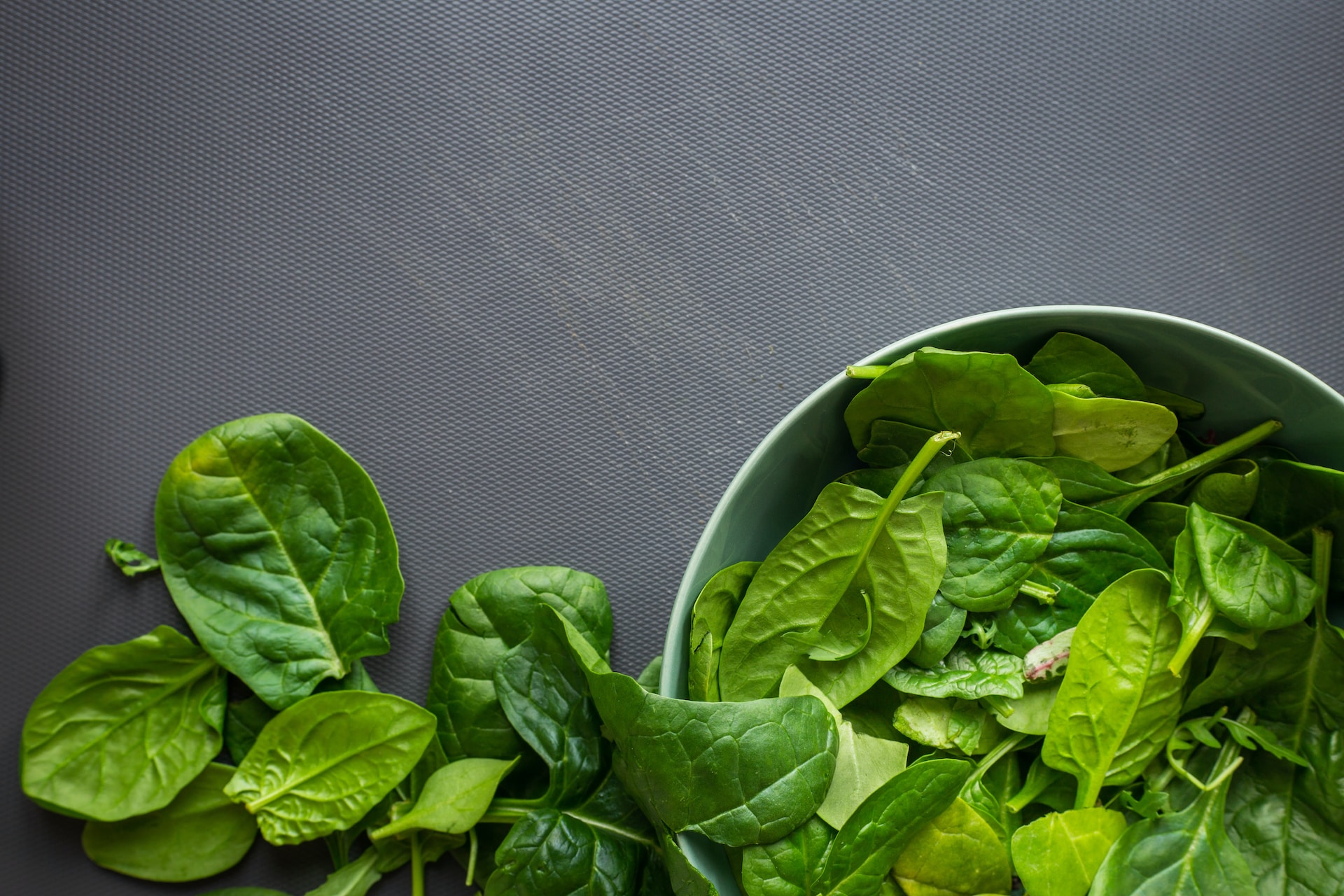 Photo by Louis Hansel on Unsplash
Photo by Louis Hansel on Unsplash
23. Flaxseeds
Flaxseeds, with their subtle nutty flavor, pack around 3 grams of fiber in just one tablespoon. They’re also a rich source of omega-3 fatty acids and lignans, which have antioxidant properties. Ground flaxseeds can be added to cereals, yogurts, or incorporated into baked goods for a nutritional boost. It's an easy way to make your food all the more healthy.
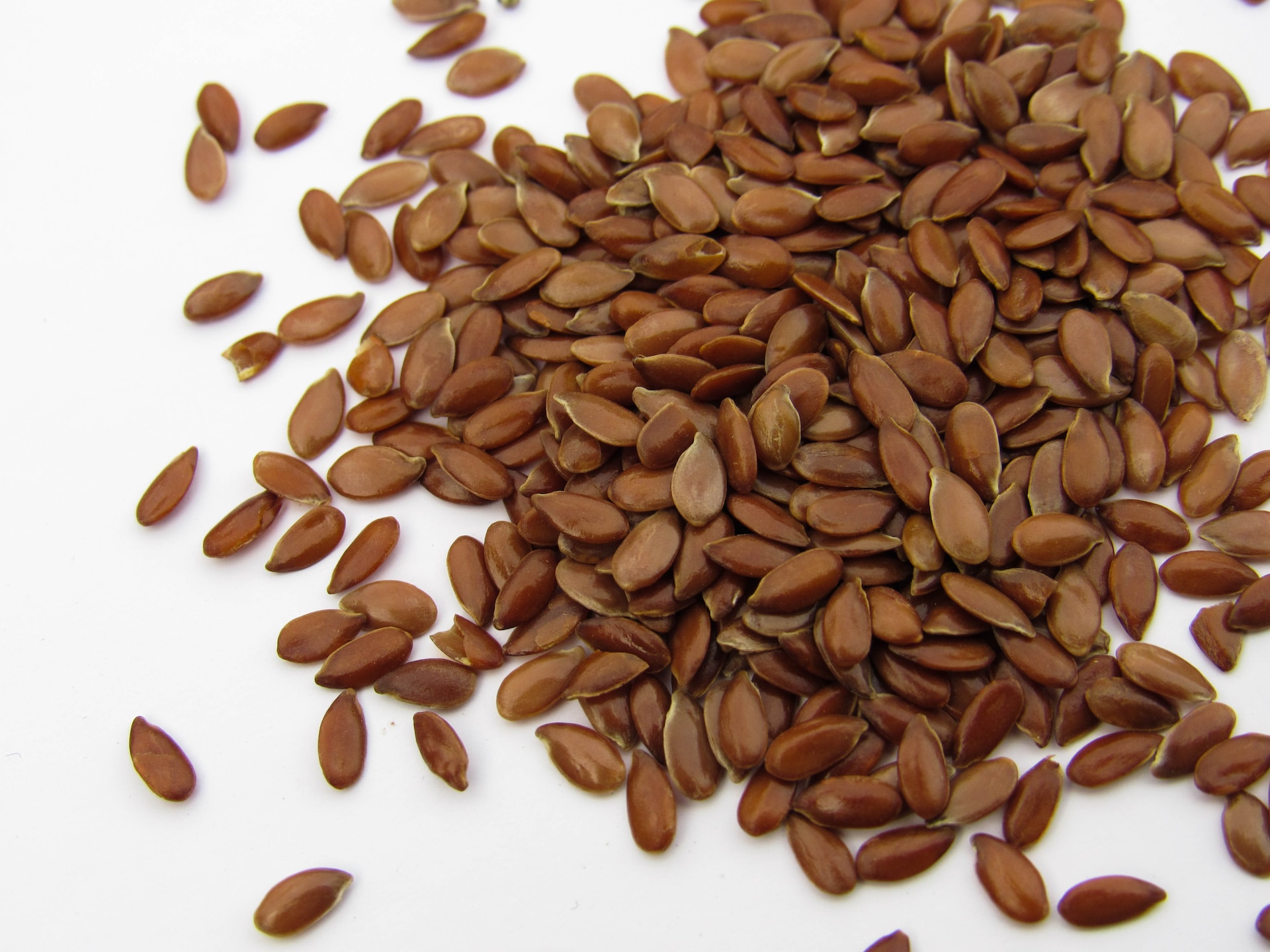 Photo by Karyna Panchenko on Unsplash
Photo by Karyna Panchenko on Unsplash
24. Bulgar
Here’s another ingredient you might never have heard of before. Bulgur is a whole grain made from cracked wheat and offers about 8 grams of fiber per cooked cup. It’s a staple in Mediterranean cuisine, often used in dishes like tabbouleh. Bulgur cooks quickly and has a light, nutty flavor, making it an excellent base for salads and pilafs.
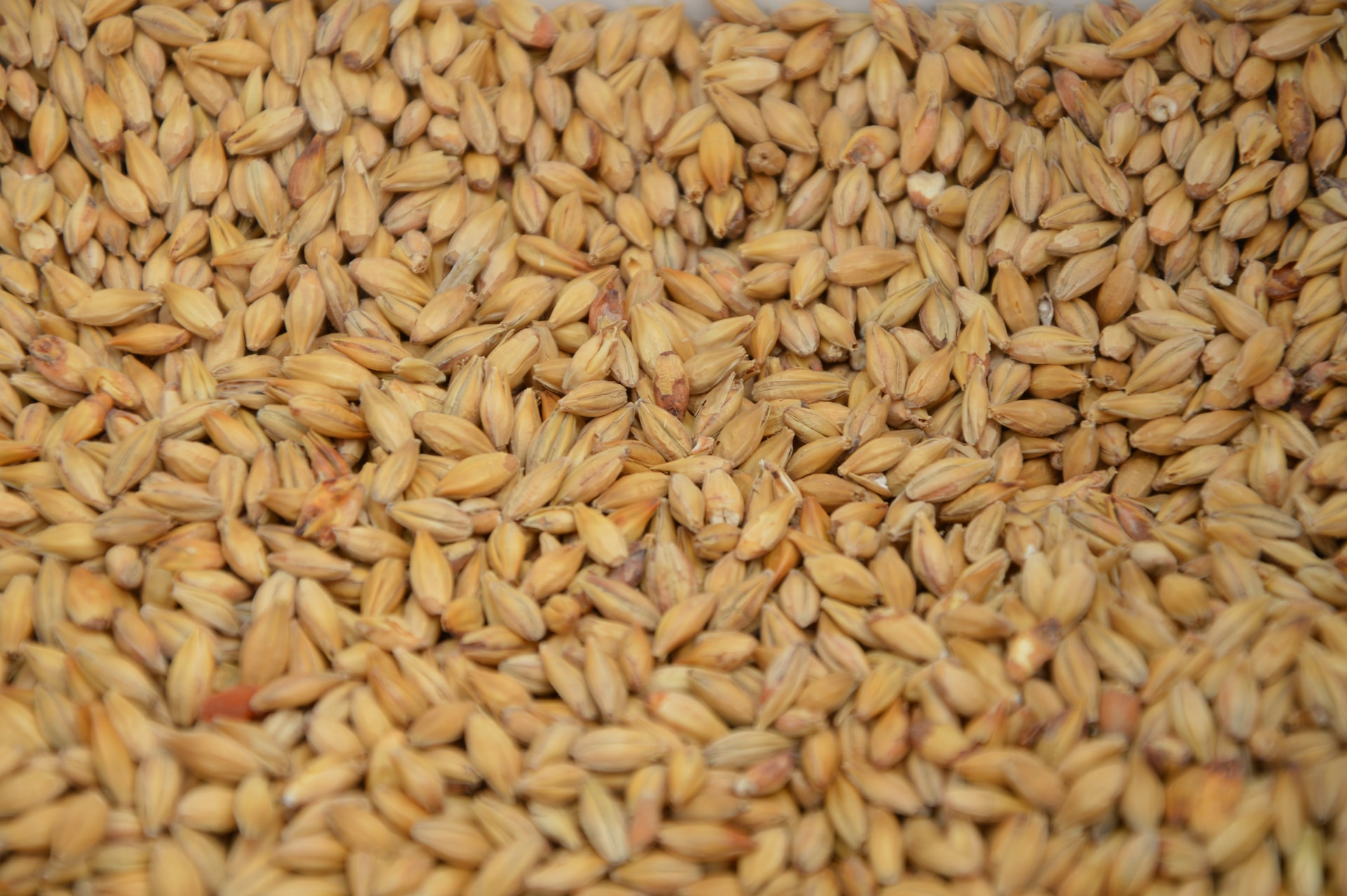 Photo by Lutz Wernitz on Unsplash
Photo by Lutz Wernitz on Unsplash
25. Kidney Beans
Kidney beans are a fiber powerhouse, providing about 11 grams per cooked cup. They are also rich in protein, making them an excellent meat substitute in various dishes. Like all beans, kidney beans can be prepared in a variety of ways. Whether in chilis, salads, or curries, kidney beans are both filling and nutritious.
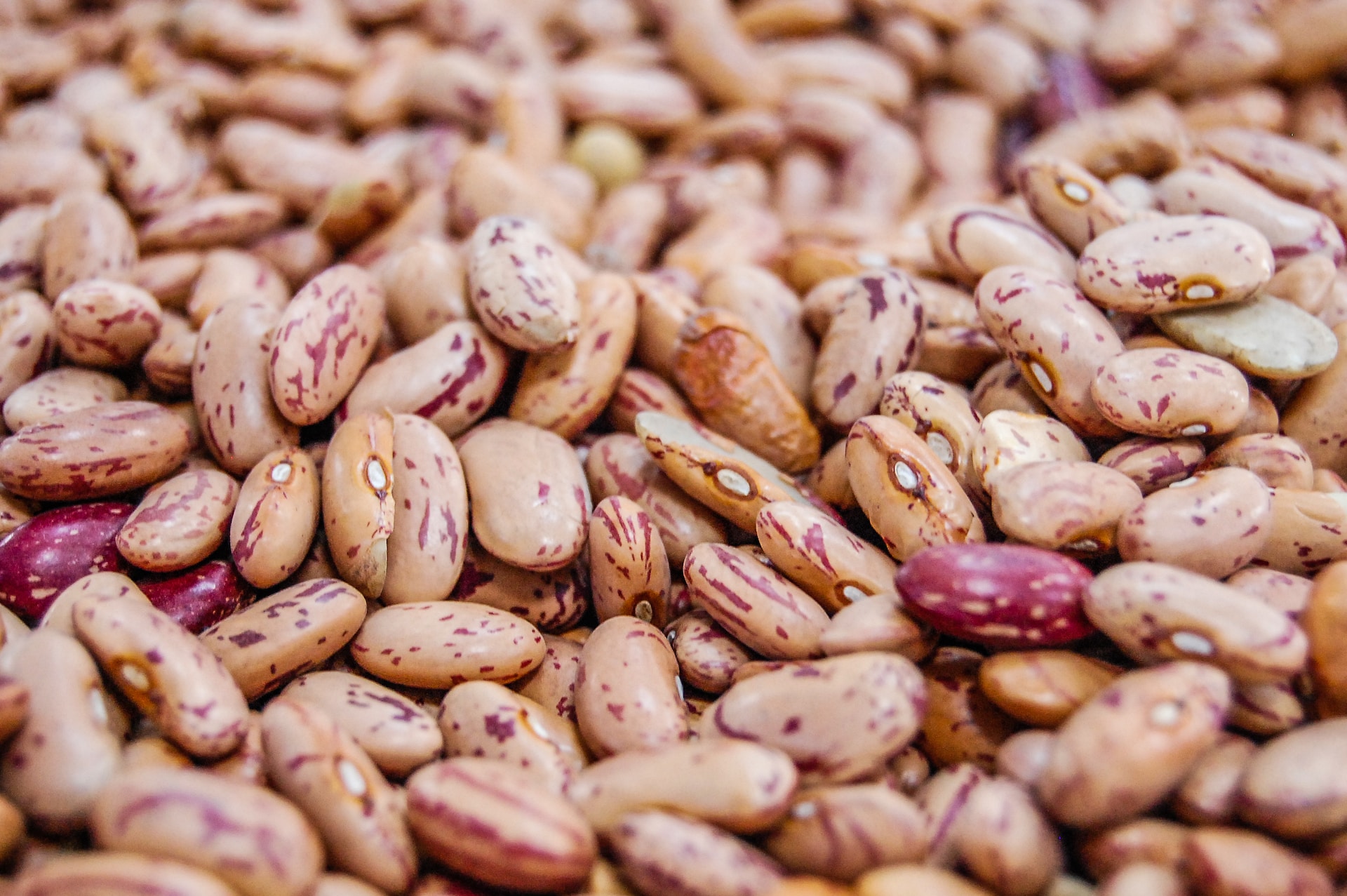 Photo by Monkgogi Samson on Unsplash
Photo by Monkgogi Samson on Unsplash
26. Sweet Potatoes
More than just a holiday staple, sweet potatoes offer about 4 grams of fiber per medium-sized spud. This vegetable has a lot of benefits - they’re rich in beta-carotene, vitamin C, and manganese. They’ve got all the earthiness alongside a gentle sweetness. Roast them, mash them, or you can even turn them into yummy fries for a sweet and healthy treat.
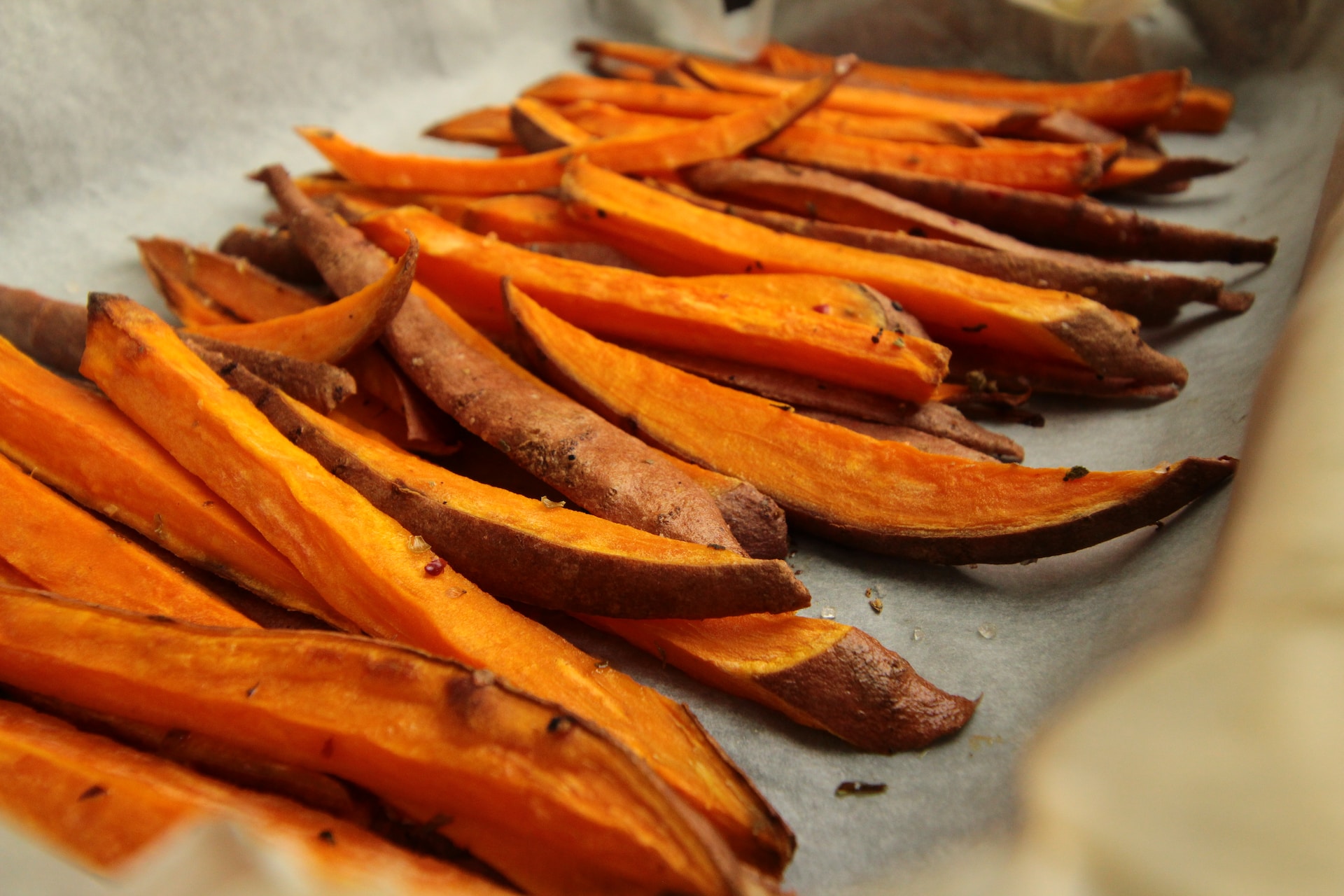 Photo by Louis Hansel on Unsplash
Photo by Louis Hansel on Unsplash
27. Artichokes
Artichokes, often overlooked, pack about 7 grams of fiber per medium-sized vegetable. Their unique taste is complemented by an abundance of nutrients like vitamin C, folate, and magnesium. Though many tend to place artichokes in their top 5 disliked vegetables, no one can deny their health benefits. Boil or steam them, then dip the leaves in melted butter or a sauce of your choice for a gourmet experience.
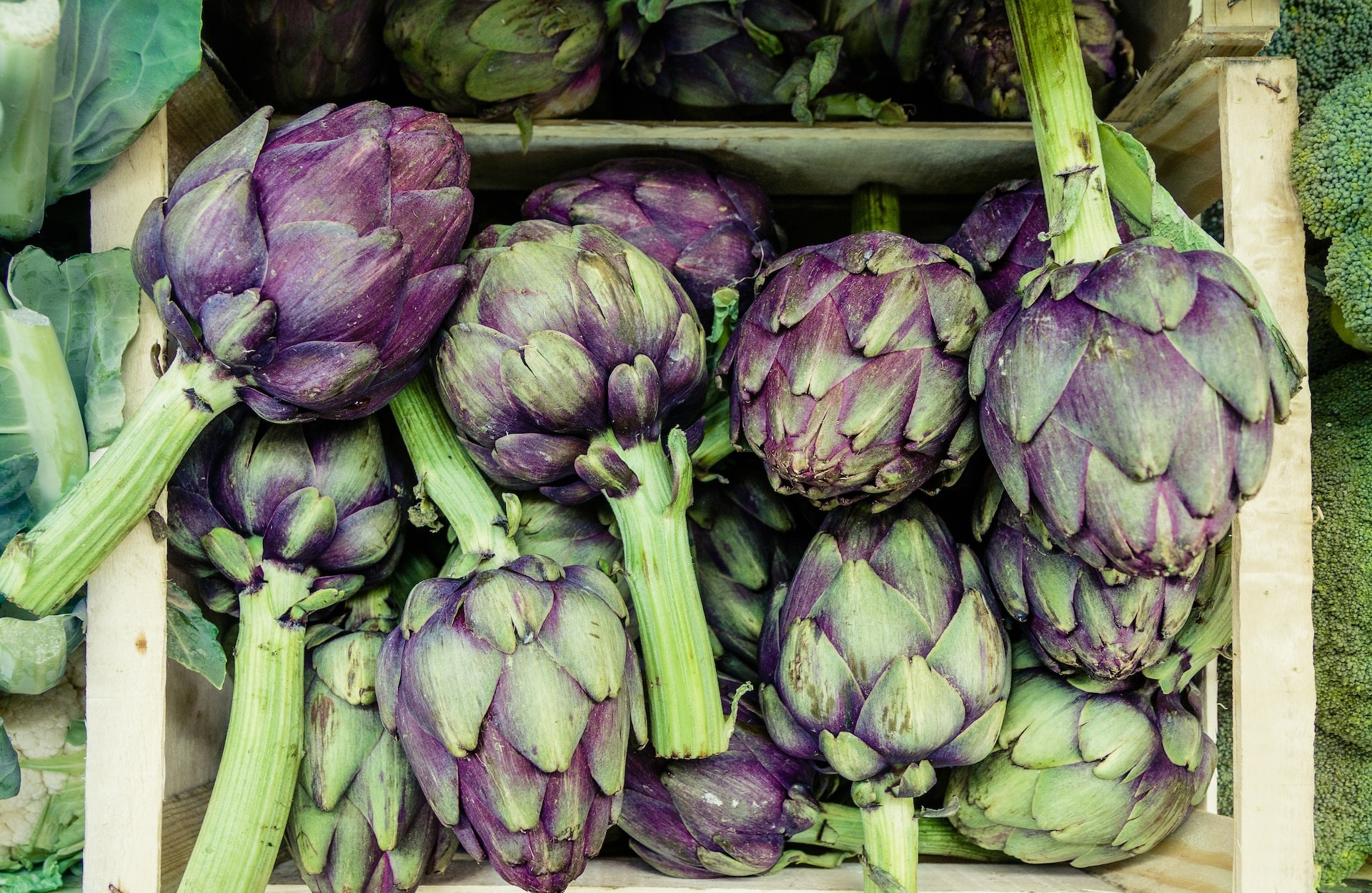 Photo by Martin Adams on Unsplash
Photo by Martin Adams on Unsplash
28. Figs
Whether fresh or dried, figs are a treasure trove of fiber. Did you know a half-cup of dried figs delivers an astonishing 7.5 grams of fiber? They’re also rich in calcium and potassium, making them a truly healthy snack that also tastes sweet and delicious. Figs are easy to incorporate into your meals as you can throw them into salads, cereals, or just eat them as a standalone treat.
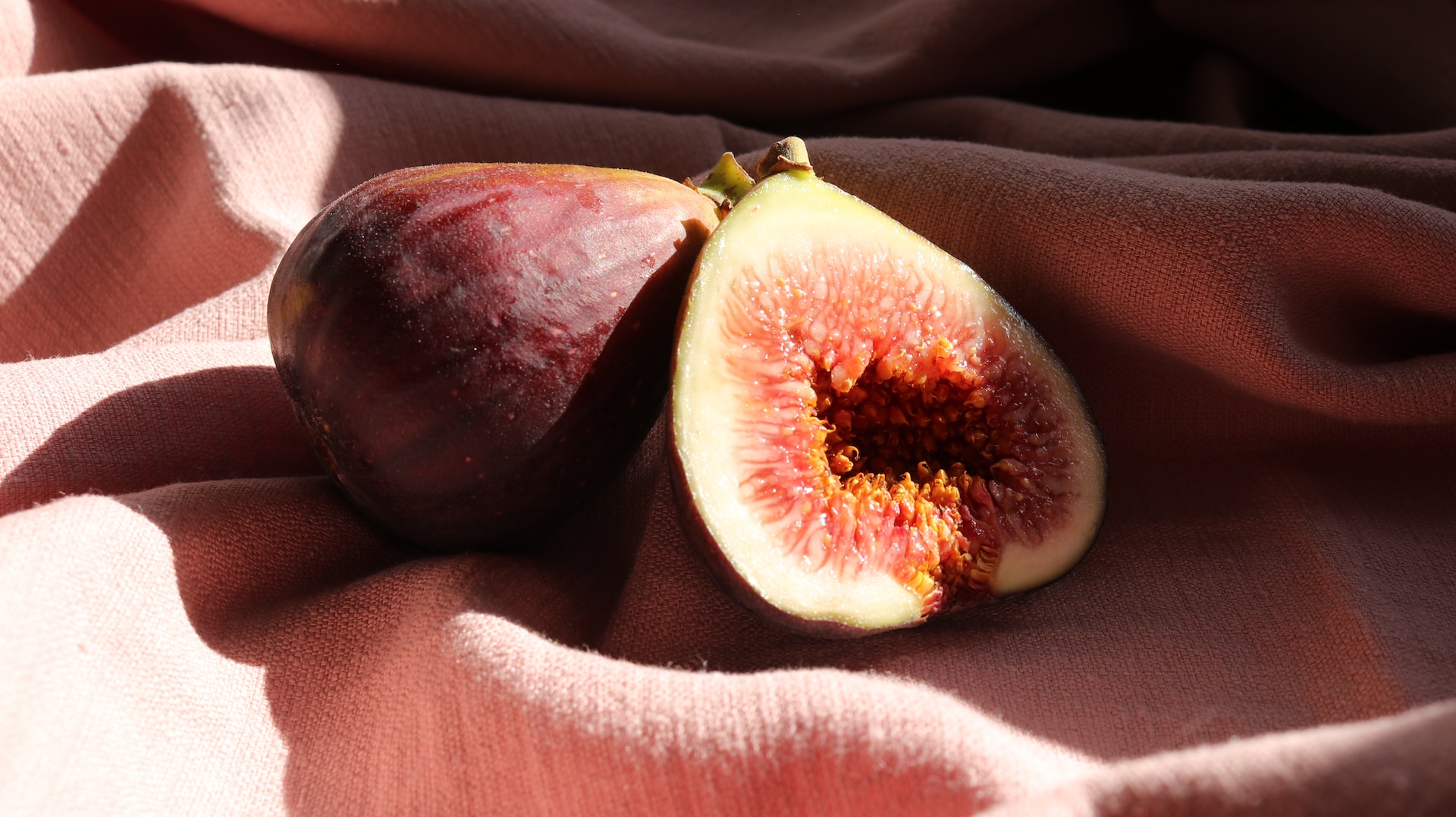 Photo by Auguste A on Unsplash
Photo by Auguste A on Unsplash
29. Farro
Another ancient grain, farro has a chewy texture that is pleasant to eat. Farro offers about 8 grams of fiber per cooked cup alongside being packed full of proteins, vitamins, and minerals. Use it in soups, salads, or as a grainy side dish to complete your hearty meal.
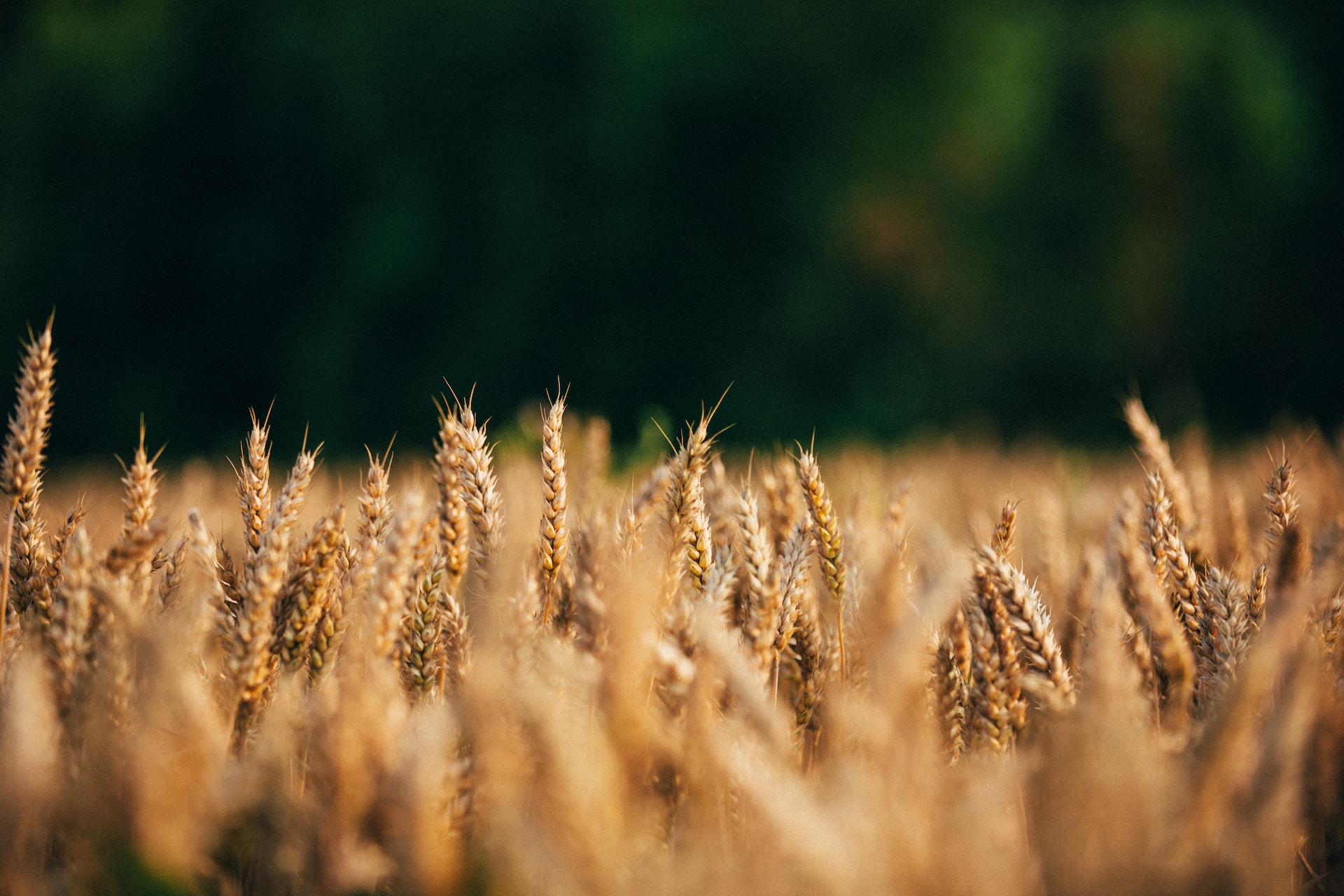 Photo by Max Böttinger on Unsplash
Photo by Max Böttinger on Unsplash
30. Pumpkin Seeds
Turns out this munchable snack is a lot healthier than you may have known! Often discarded during pumpkin carving, these seeds are actually a nutritional gem. A one-ounce serving is enough to provide you around 1.7 grams of fiber. Pumpkin seeds are also a great source of magnesium, zinc, and omega-3 fatty acids. They’re great roasted as a crunchy snack, or you can just toss them into your salads and soups for added texture and nutrition.
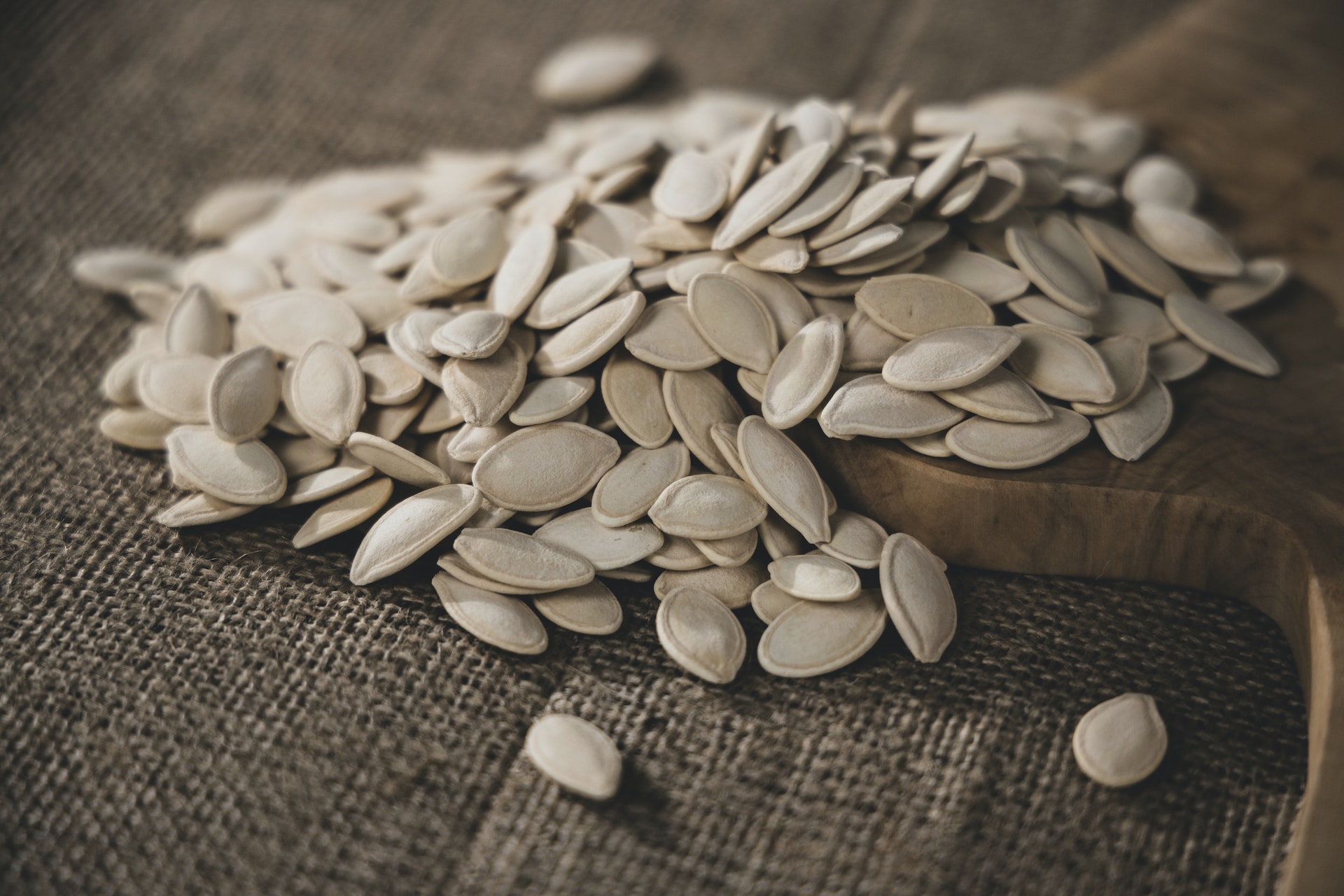 Photo by engin akyurt on Unsplash
Photo by engin akyurt on Unsplash
31. Collard Greens
Often celebrated in Southern cuisine, collard greens are a nutrient-dense vegetable. One cup of boiled collard greens offers about 5 grams of fiber. These leafy greens are also an excellent source of vitamins A, C, and K, and offer calcium for bone health. They can be lightly sautéed with garlic and olive oil, or traditionally simmered with ham hocks or turkey for a rich flavor.
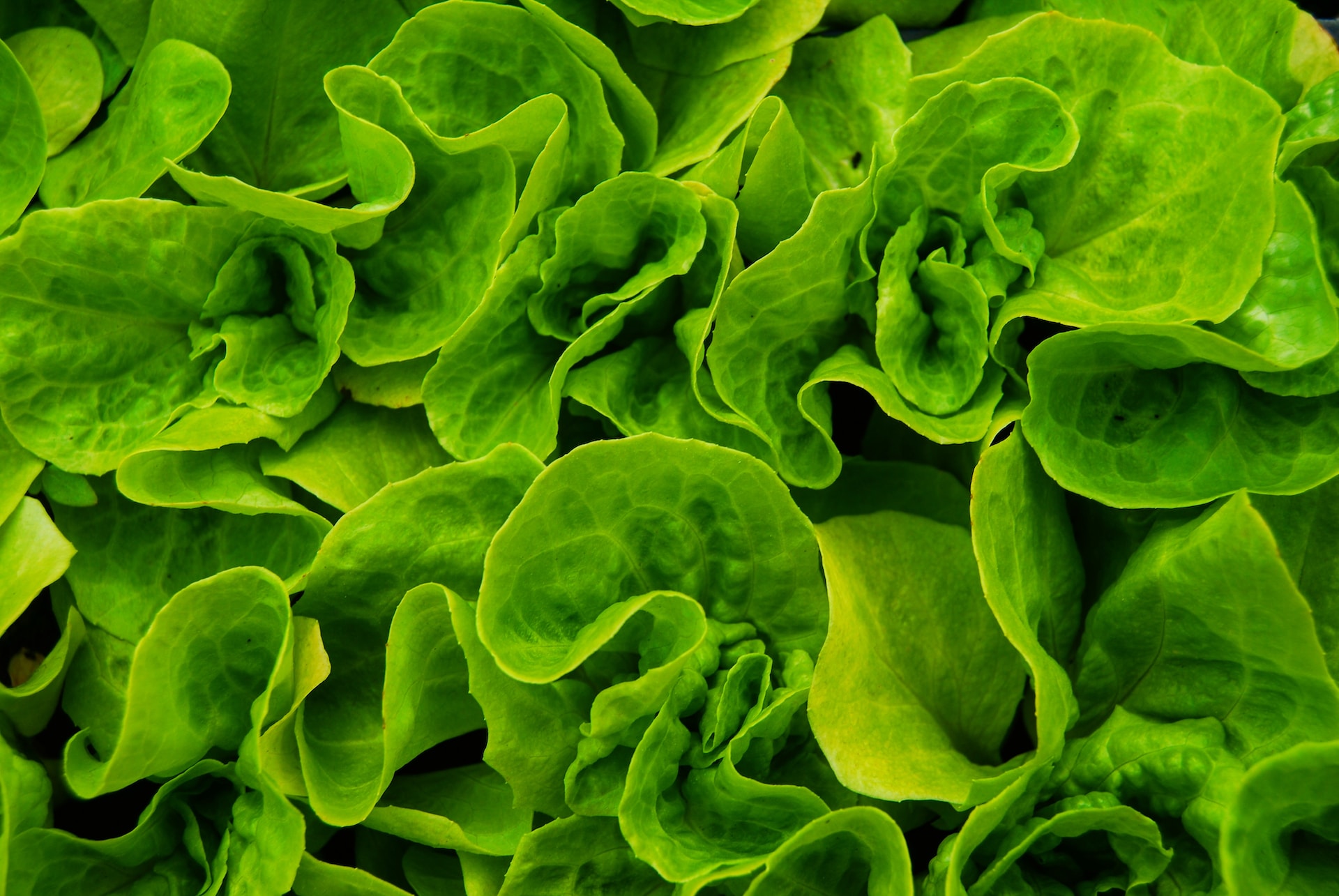 Photo by Bailey Heedick on Unsplash
Photo by Bailey Heedick on Unsplash
32. Mangoes
This tropical fruit is a favourite for many around the world. A medium-sized mango contains around 5 grams of fiber and is oh so delicious and sweet to eat. They provide a burst of vitamins, especially vitamin C and A, and they can be enjoyed in so many ways. Whether you eat it fresh, in a smoothie, as a salsa, or in a dessert, mangoes are especially great for beating the summer heat.
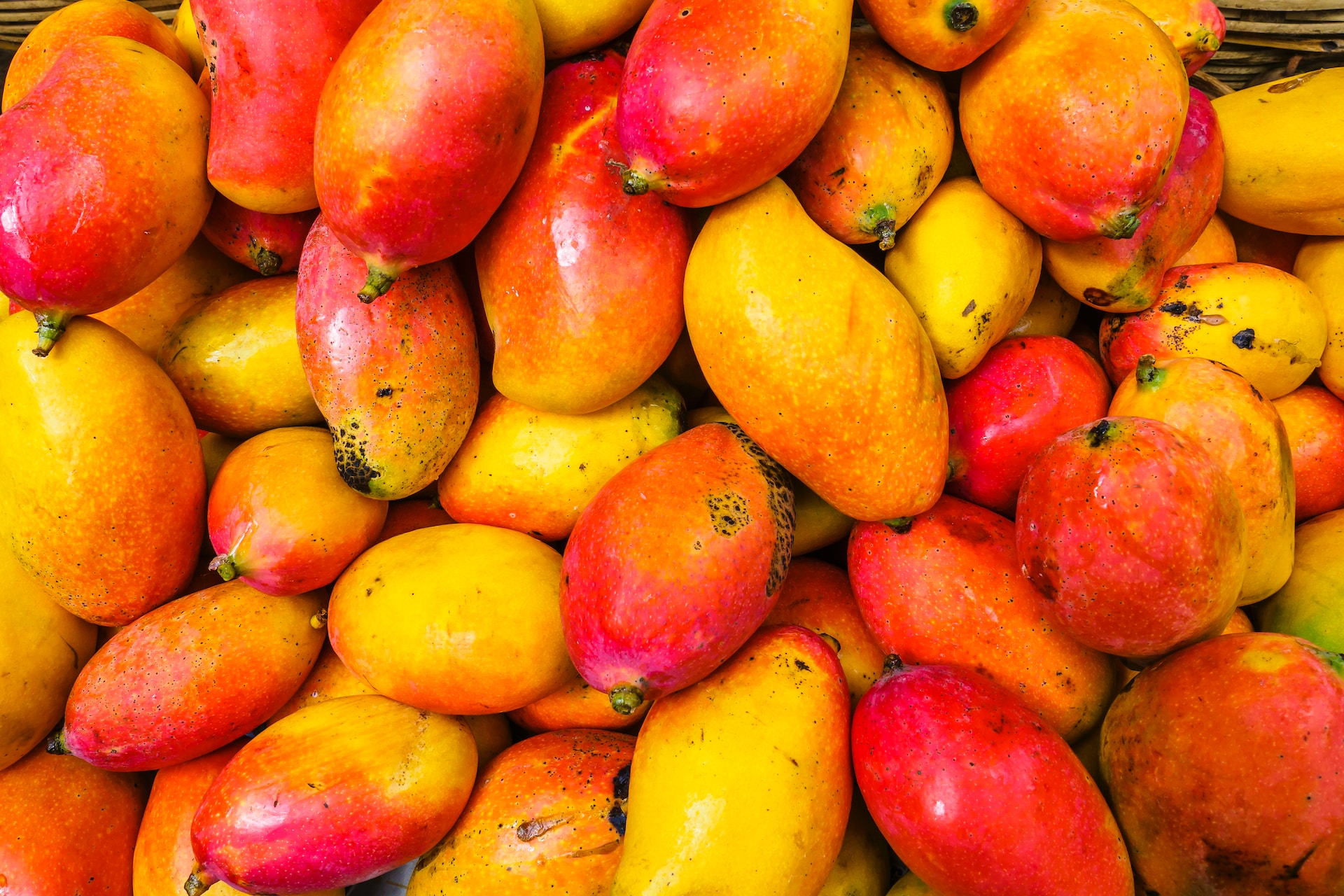 Photo by Alexander Schimmeck on Unsplash
Photo by Alexander Schimmeck on Unsplash
33. Rye Bread
Rye bread, especially when made from whole rye grains, can contribute significantly to your daily fiber intake. A slice can provide around 2-4 grams of fiber, depending on its preparation. Additionally, rye has a unique, slightly sour taste, which adds depth to sandwiches.
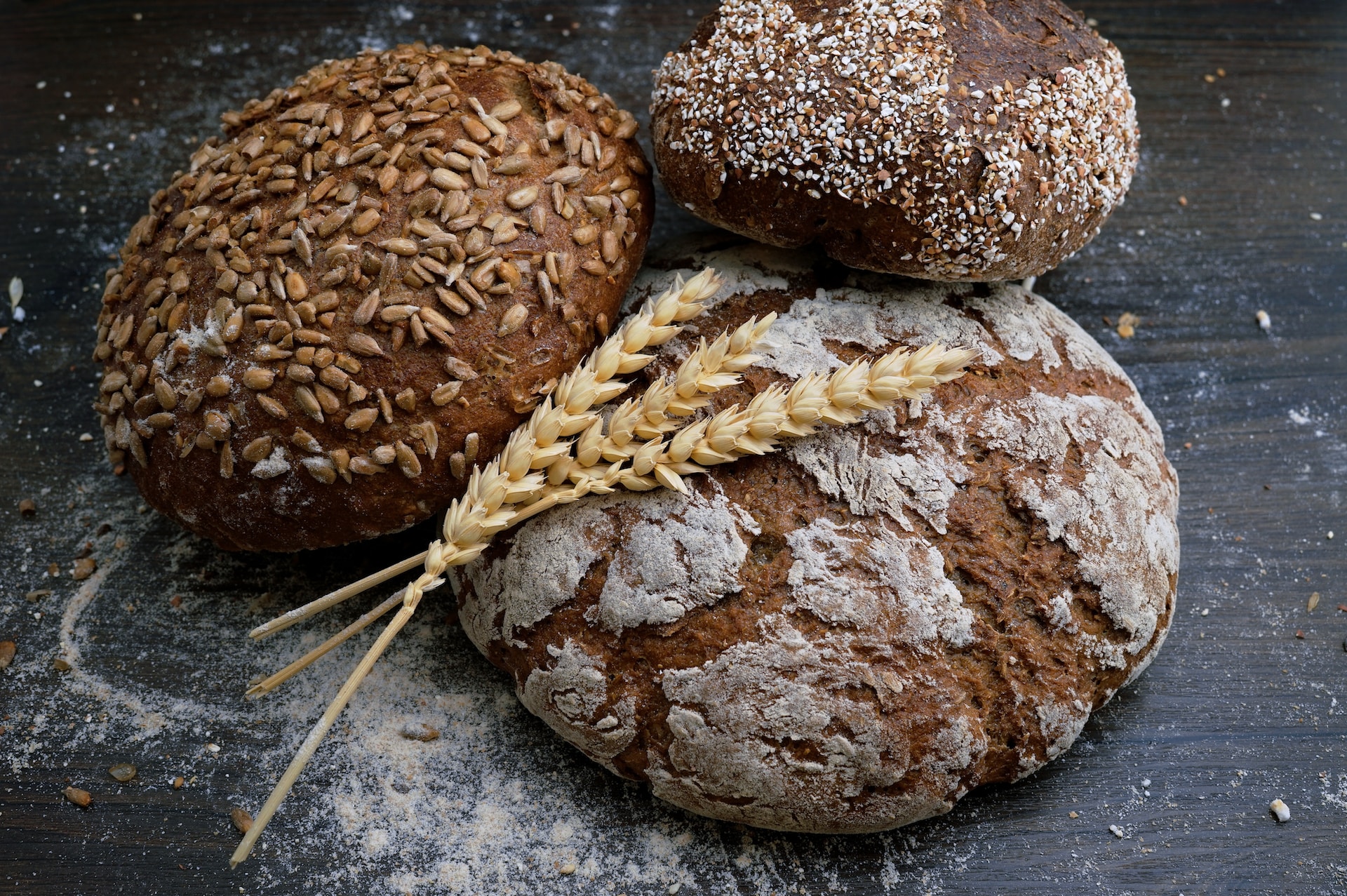 Photo by Wesual Click on Unsplash
Photo by Wesual Click on Unsplash
34. Navy Beans
These small, white beans are a powerhouse of nutrition. One cup of cooked navy beans contains about 19 grams of fiber. They're also rich in protein and various vitamins and minerals. If you want to give these beans a try, navy beans make a delicious bean soup, especially when seasoned with fresh herbs.
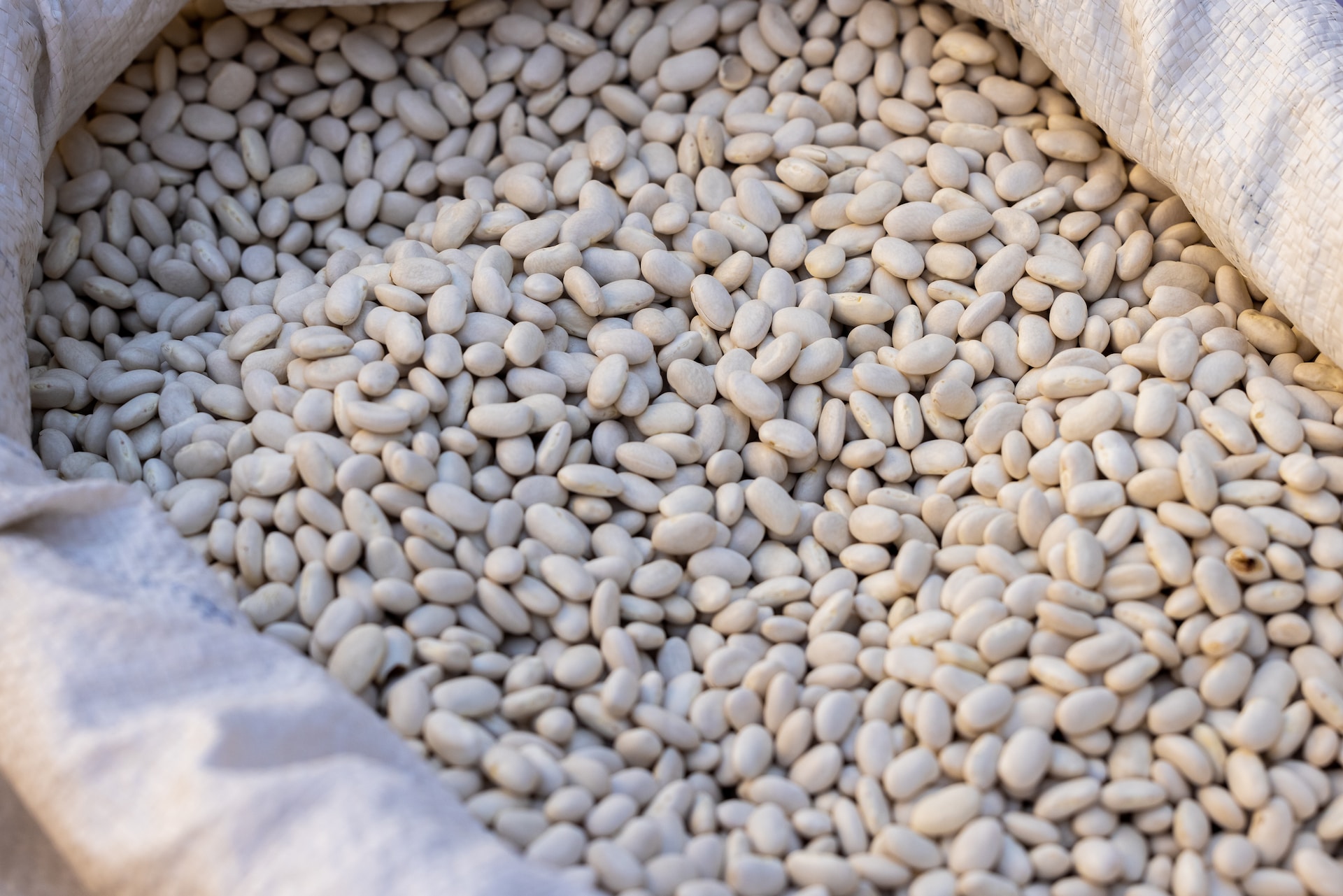 Photo by engin akyurt on Unsplash
Photo by engin akyurt on Unsplash
35. Okra
Common in Southern and Indian cuisines, okra is both fiber-rich and versatile. One cup of sliced, cooked okra offers about 3.2 grams of fiber. The unique, slightly slimy texture of okra is excellent for thickening soups and stews, and its mild taste absorbs flavors beautifully.
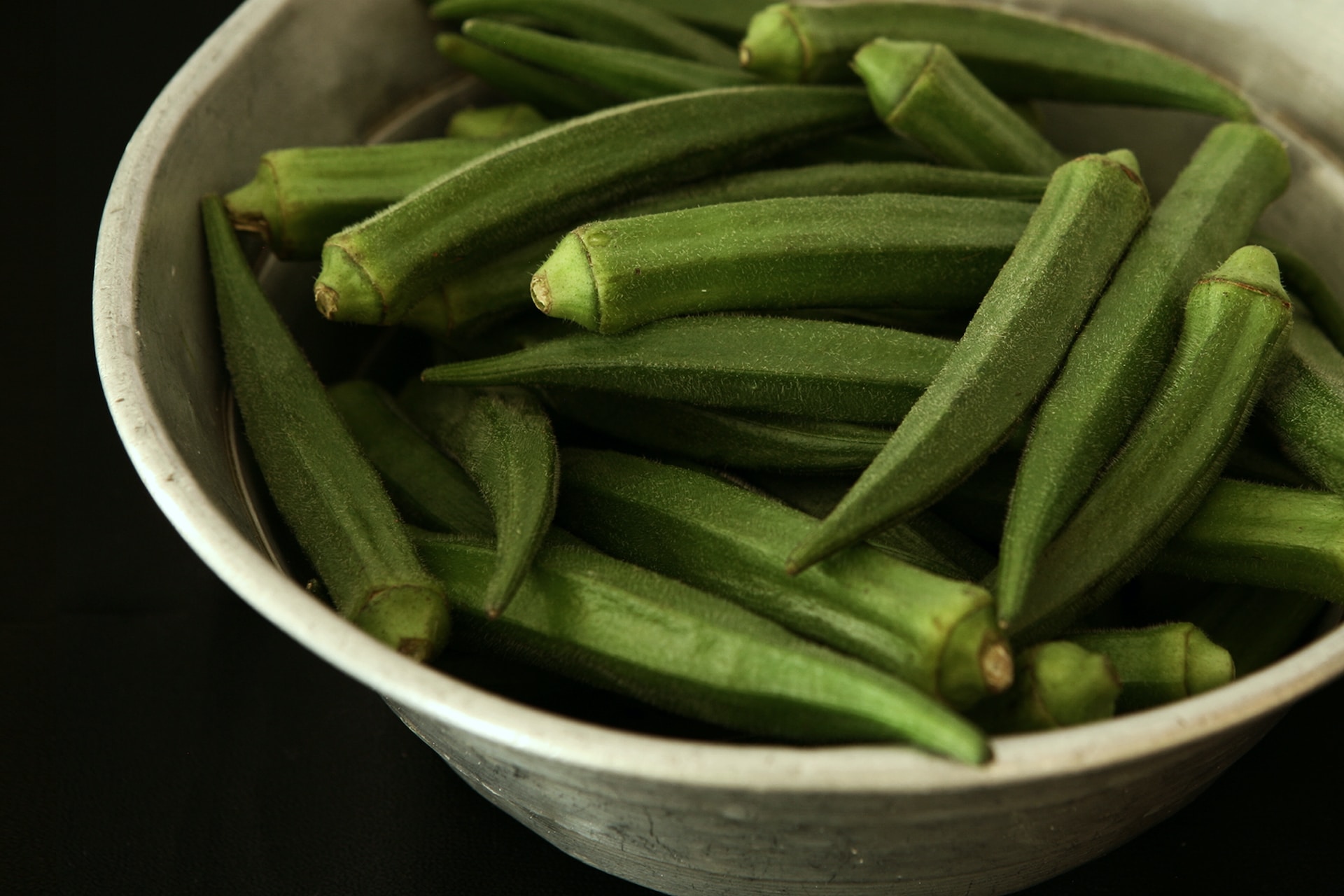 Photo by Neha Deshmukh on Unsplash
Photo by Neha Deshmukh on Unsplash
36. Pineapple
Pineapples are not just about their tropical, tangy flavor. A cup of pineapple chunks offers around 2.3 grams of fiber. They're also rich in bromelain, an enzyme that can help with digestion. Fresh pineapple can be eaten on its own, added to fruit salads, or grilled as a sweet counterpart in savory dishes. It’s okay if you’re not a fan of pineapple on pizza, you can still enjoy the fruit in various other ways.
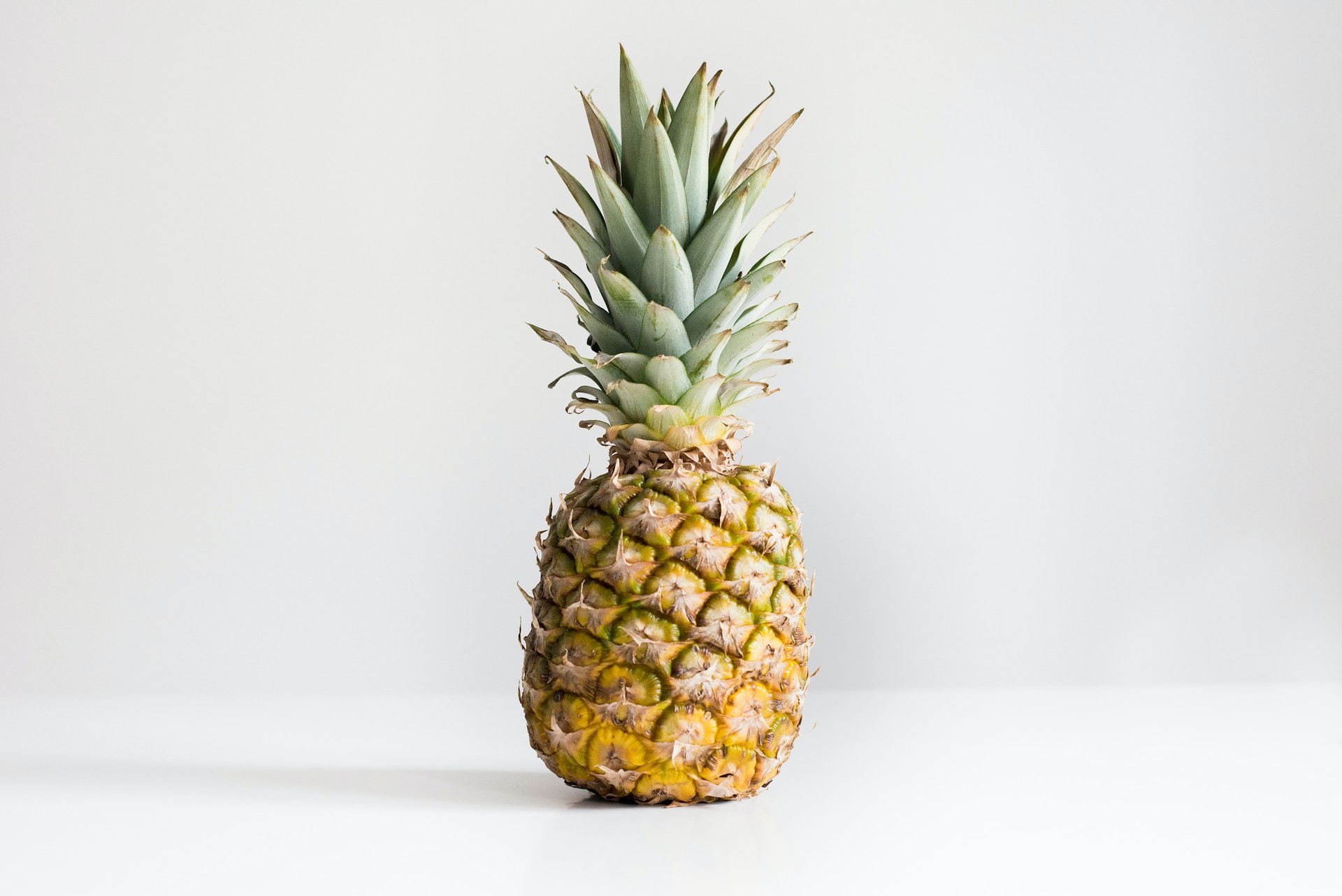 Photo by Julien Pianetti on Unsplash
Photo by Julien Pianetti on Unsplash
37. Walnuts
Walnuts are not just brain food because of their shape. An ounce of walnuts provides about 2 grams of fiber. They're also a great source of omega-3 fatty acids. Crush them over salads, bake into bread and pastries, or simply snack on them for a nutrient boost.
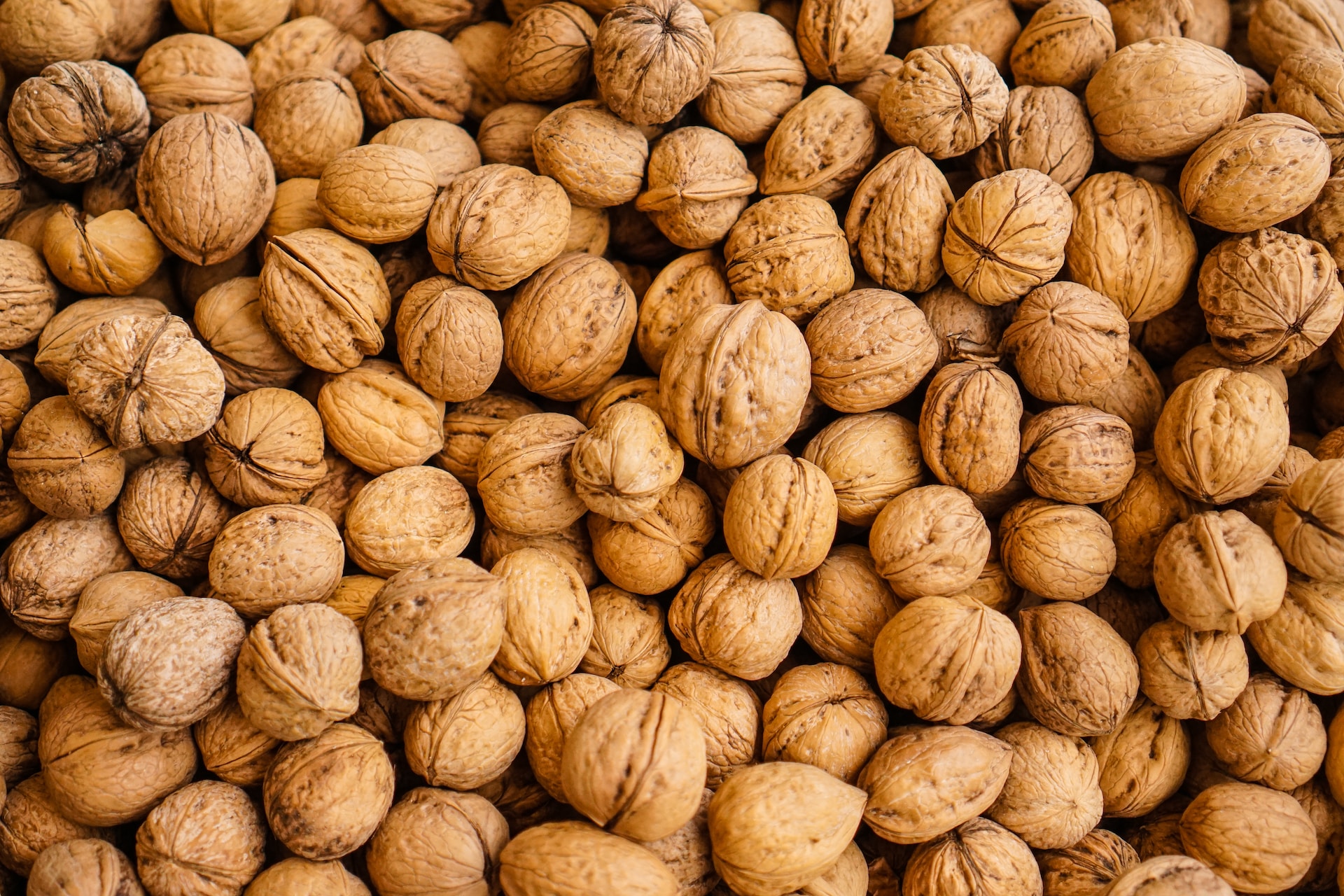 Photo by Tom Hermans on Unsplash
Photo by Tom Hermans on Unsplash
38. Turnips
Often underrated, turnips provide about 3.1 grams of fiber per cup when cooked. They have a slightly peppery flavor, which becomes milder upon cooking. Mash them as an alternative to potatoes or add them to hearty winter stews.
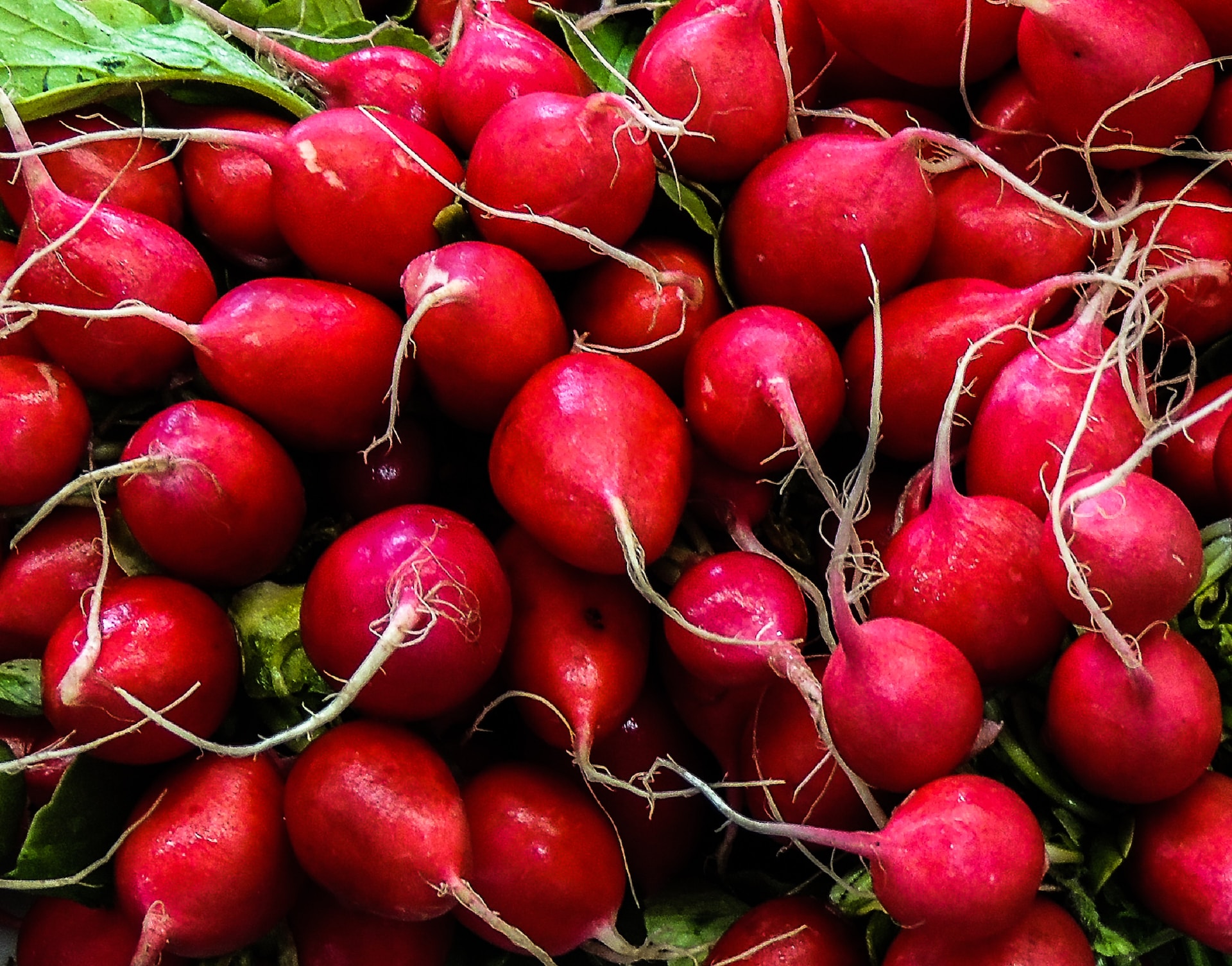 Photo by philippe collard on Unsplash
Photo by philippe collard on Unsplash
39. Sunflower Seeds
Aside from pumpkin seeds, sunflower seeds also have tons of nutritional benefits. These tiny seeds, often enjoyed as a snack, pack a nutritional punch. A quarter cup of sunflower seeds offers around 3 grams of fiber. They also provide healthy fats, protein, and vitamin E. Sprinkle them on salads, yogurts, or just munch on them roasted.
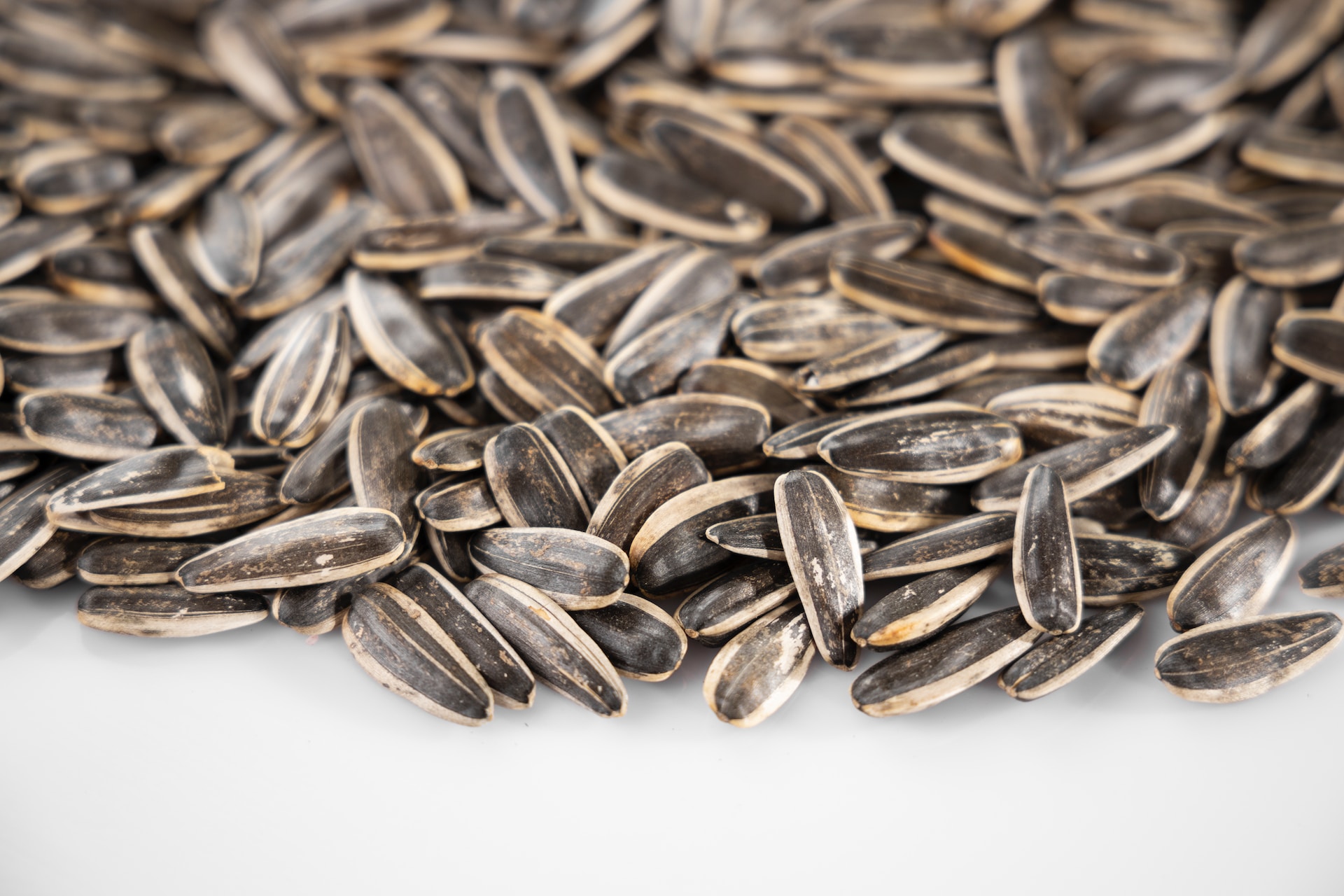 Photo by engin akyurt on Unsplash
Photo by engin akyurt on Unsplash
40. Prunes (Dried Plums)
Prunes are renowned for their digestive benefits, primarily due to their fiber content. A half-cup serving offers around 6 grams of fiber. They also contain sorbitol, which can help regulate the digestive system. Eat them as a snack, or mix them into cereals and baked goods.
KEEP ON READING

The Most Popular Signature Dishes Around the World
